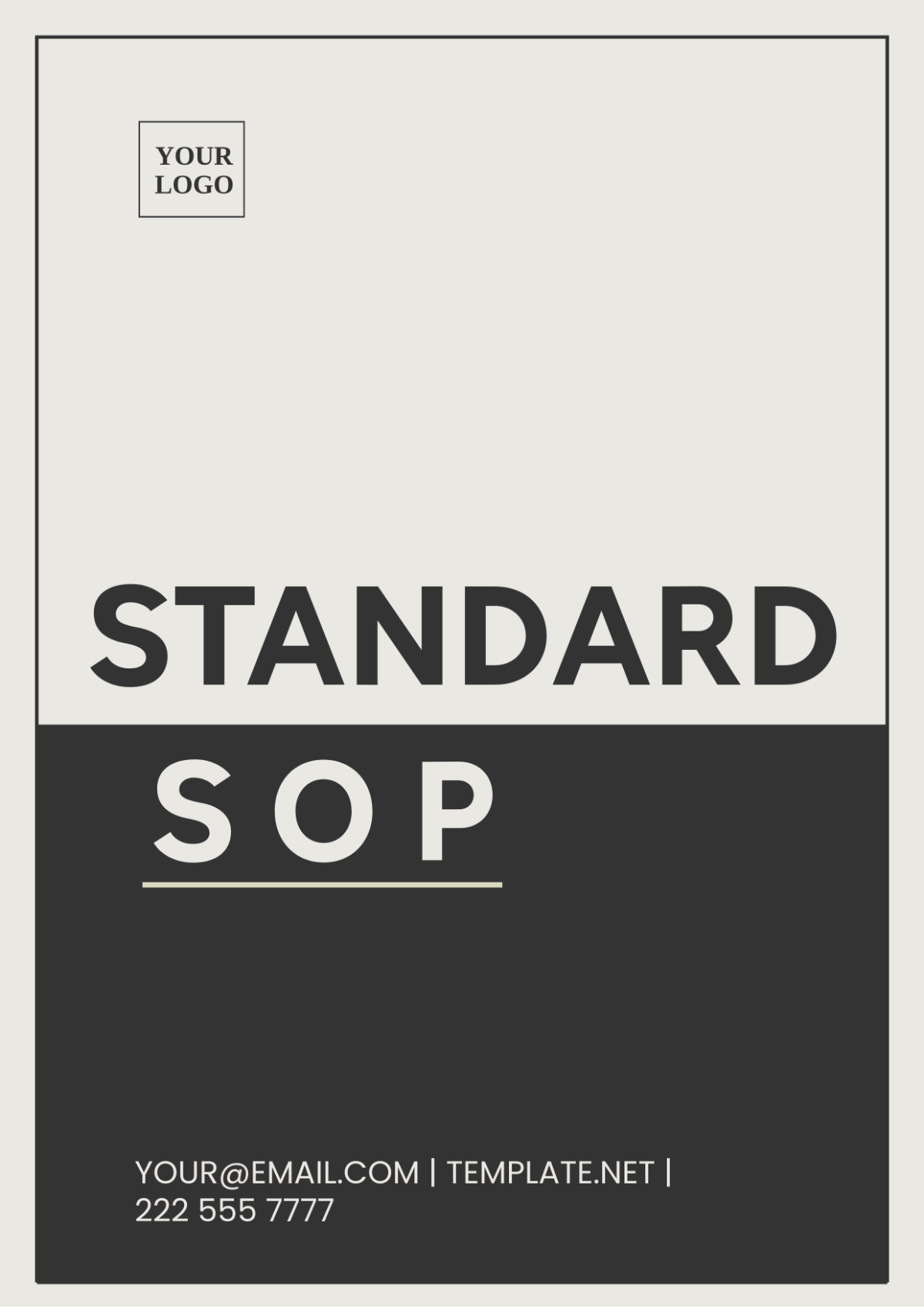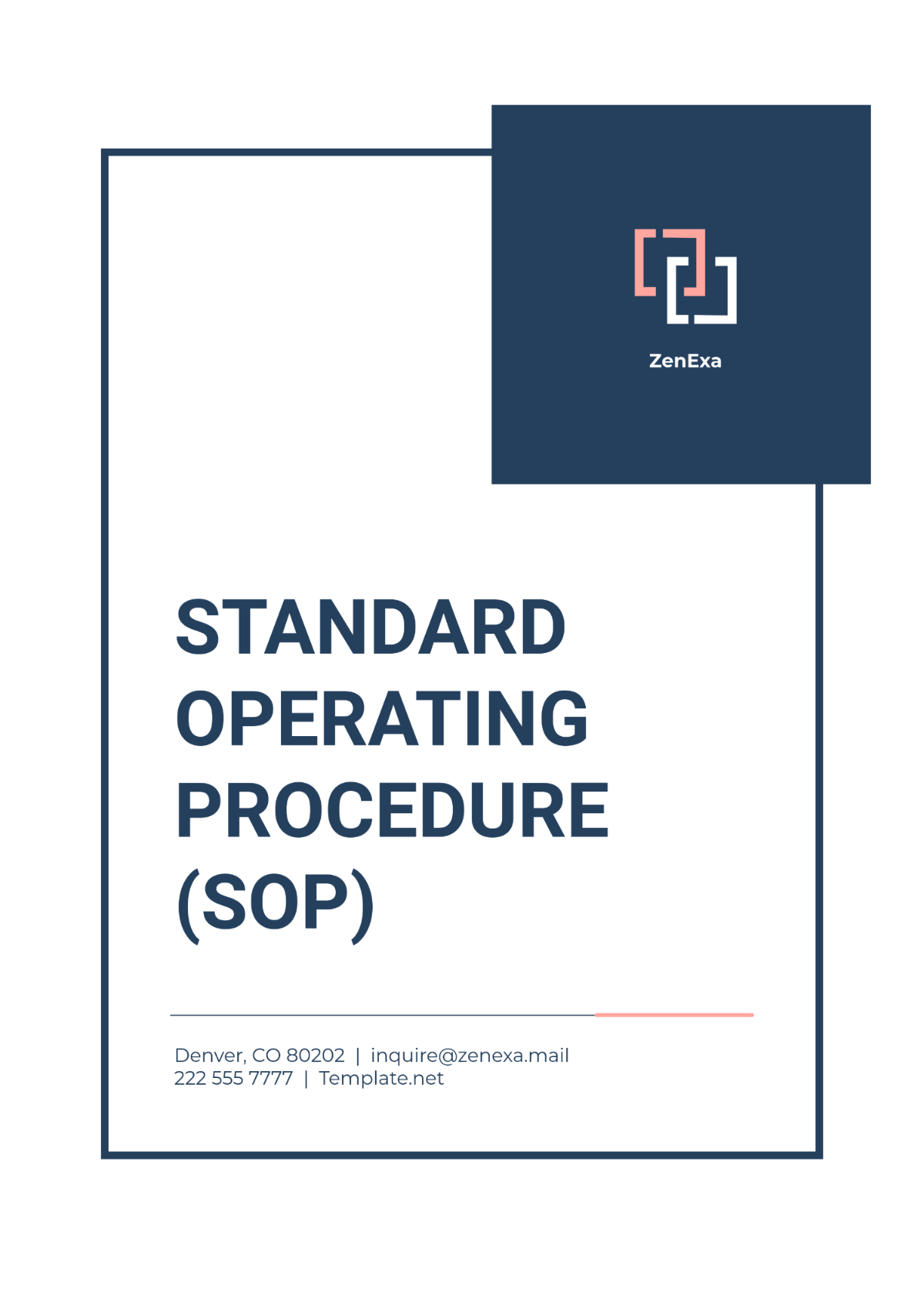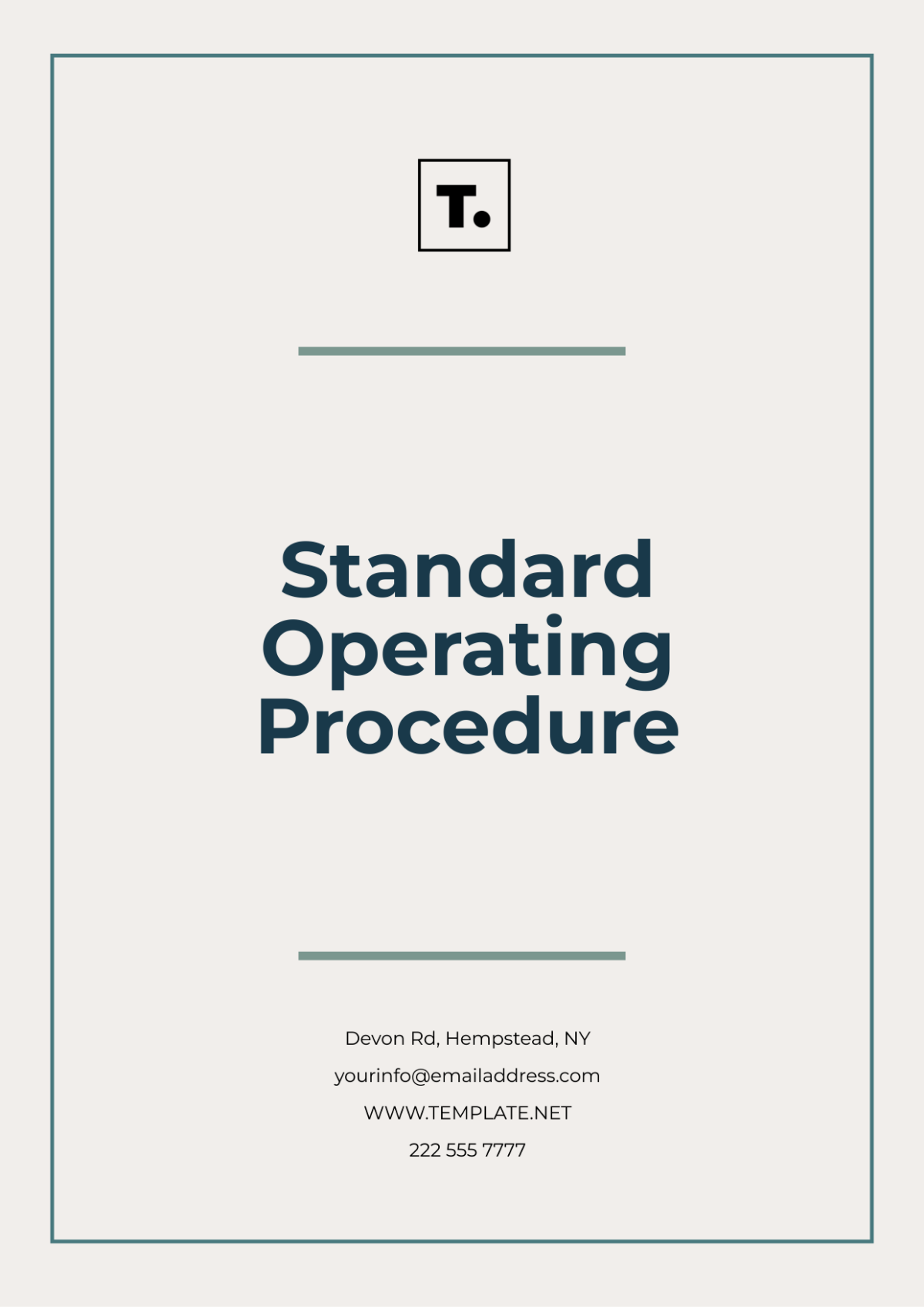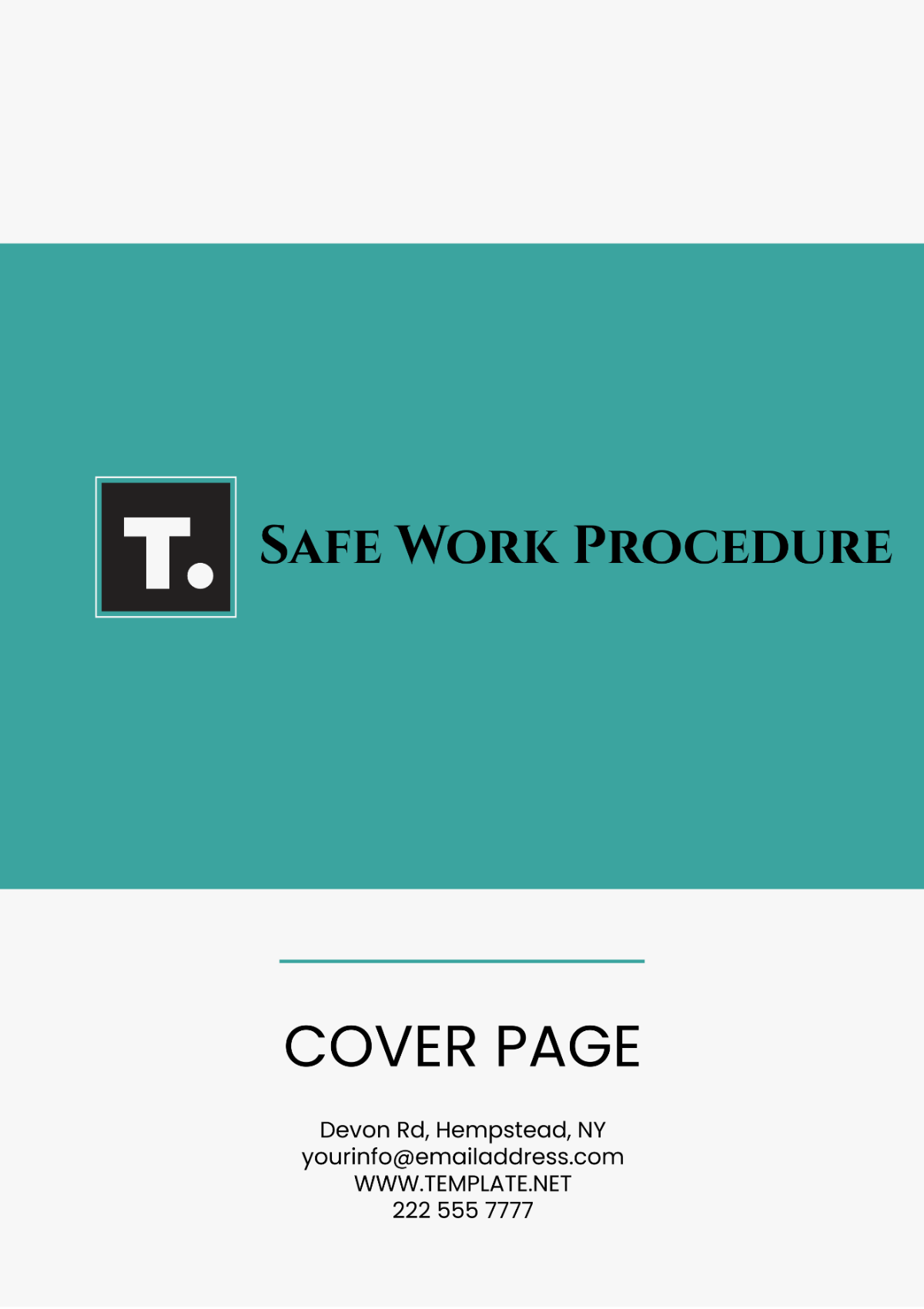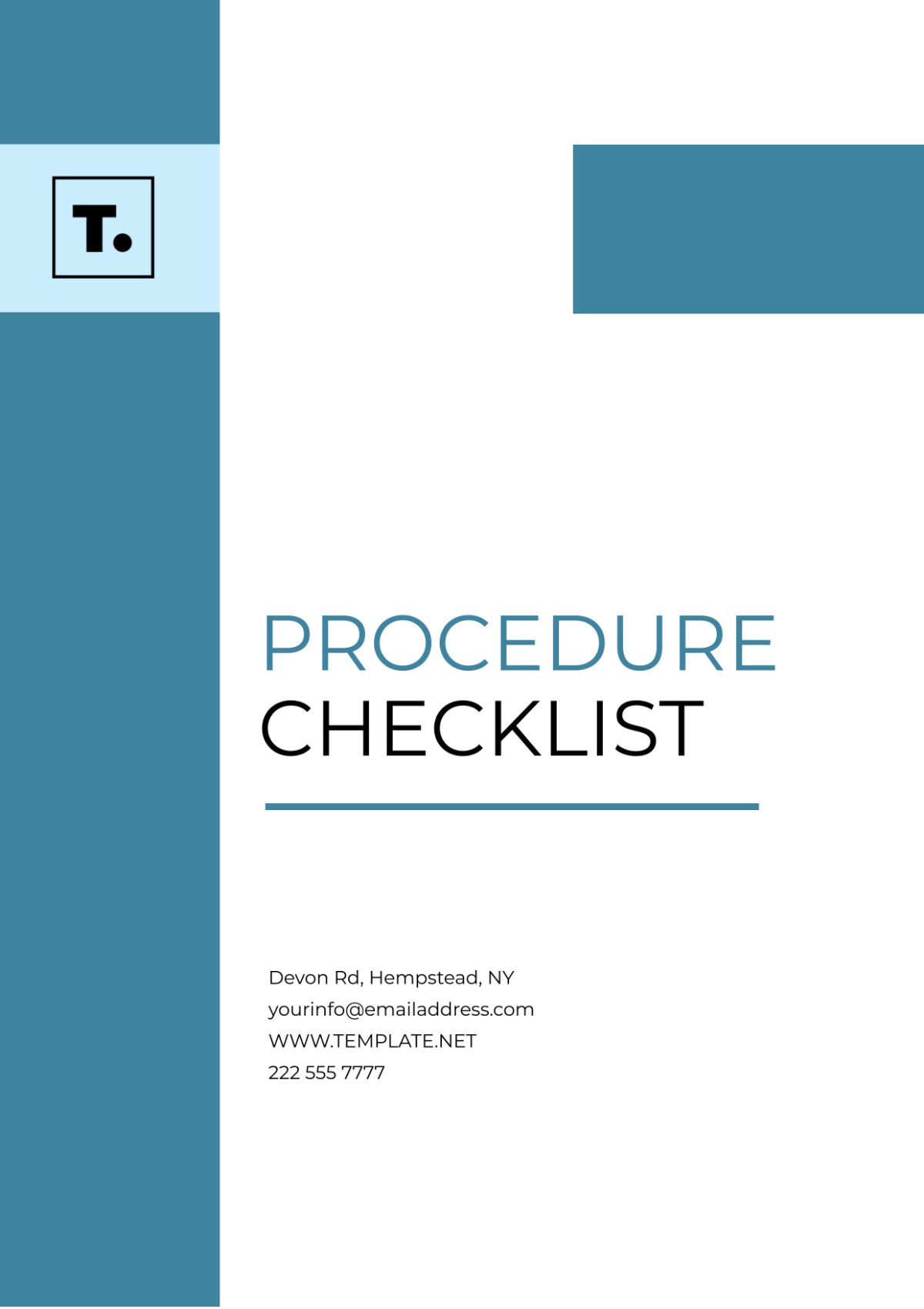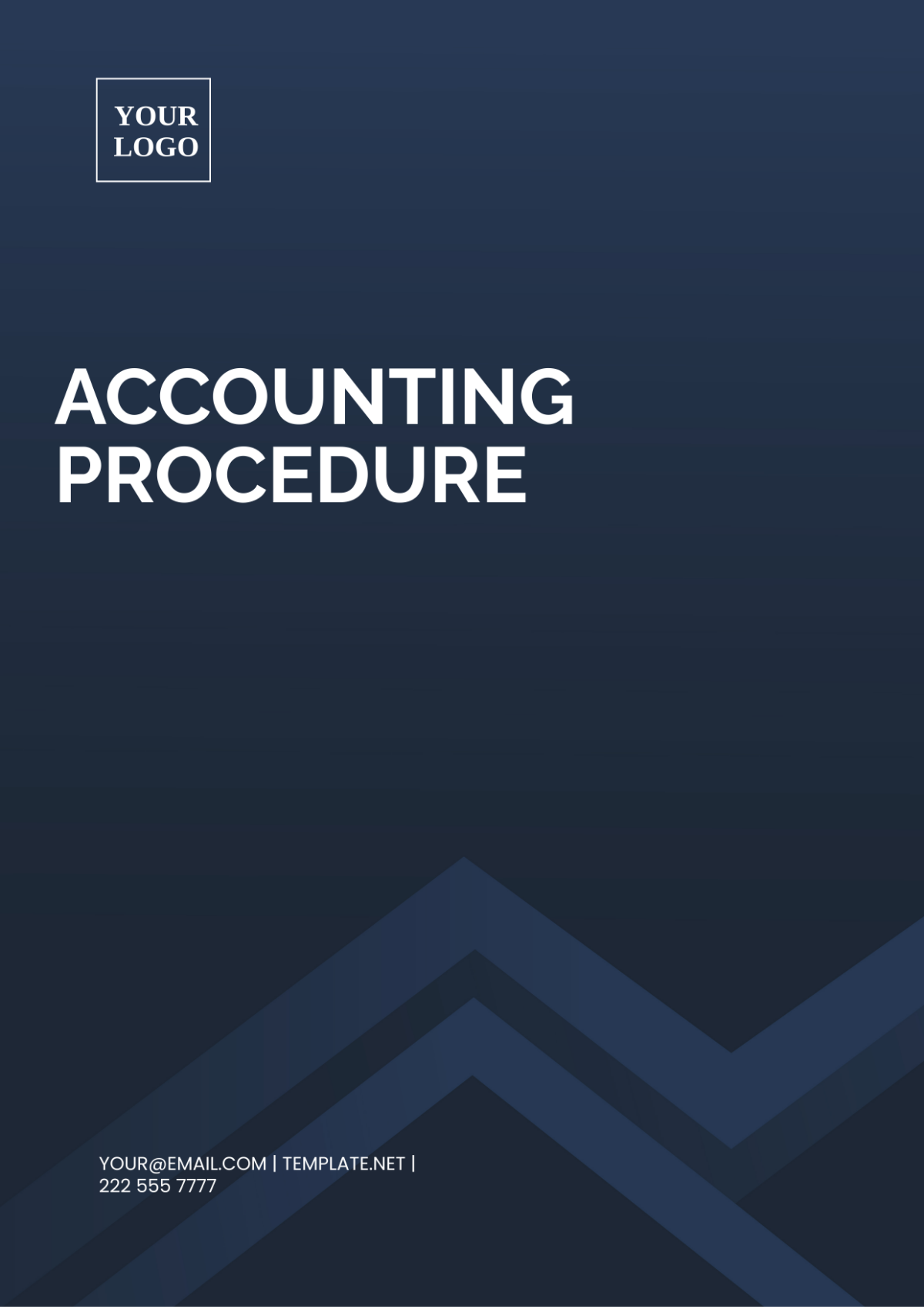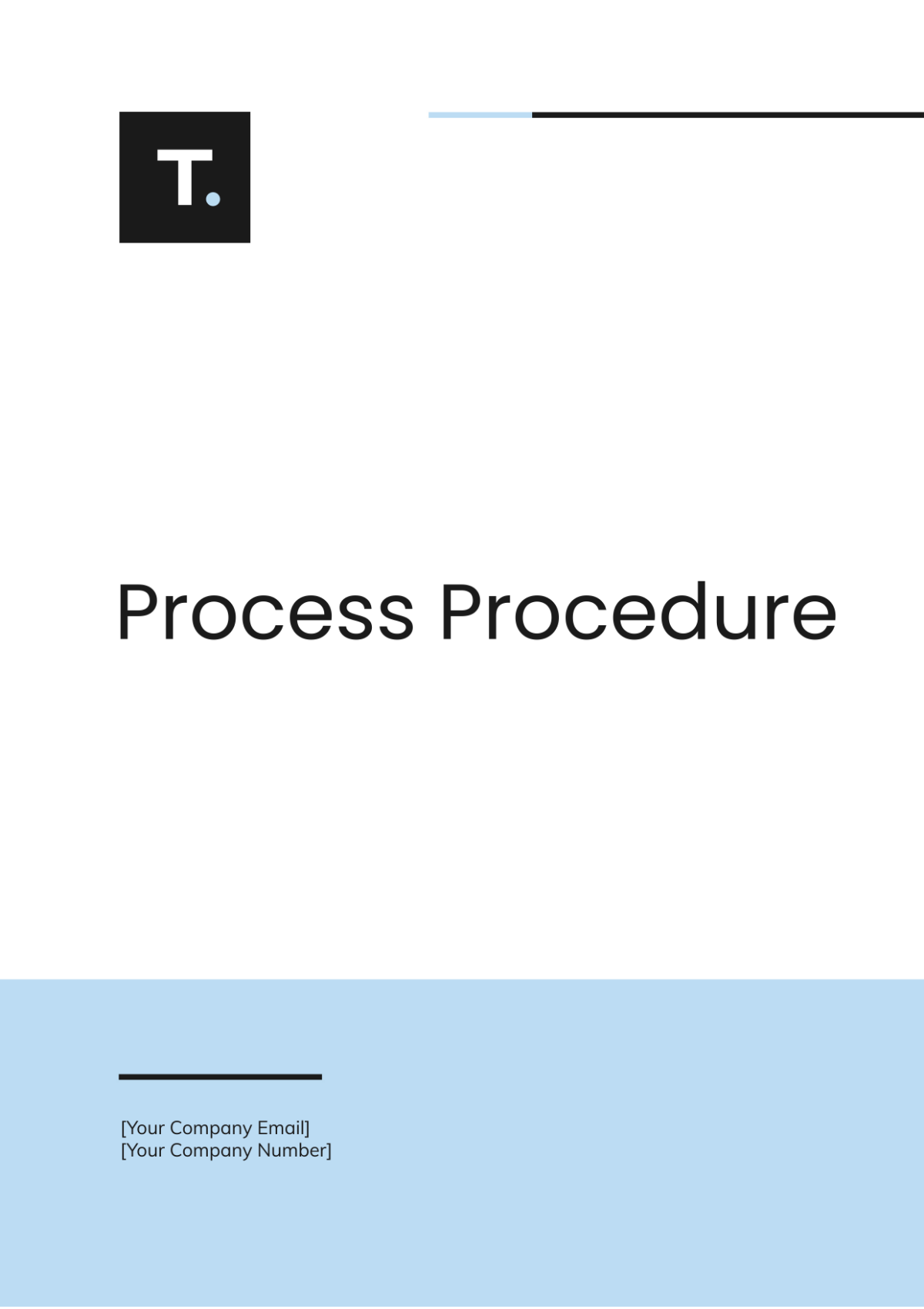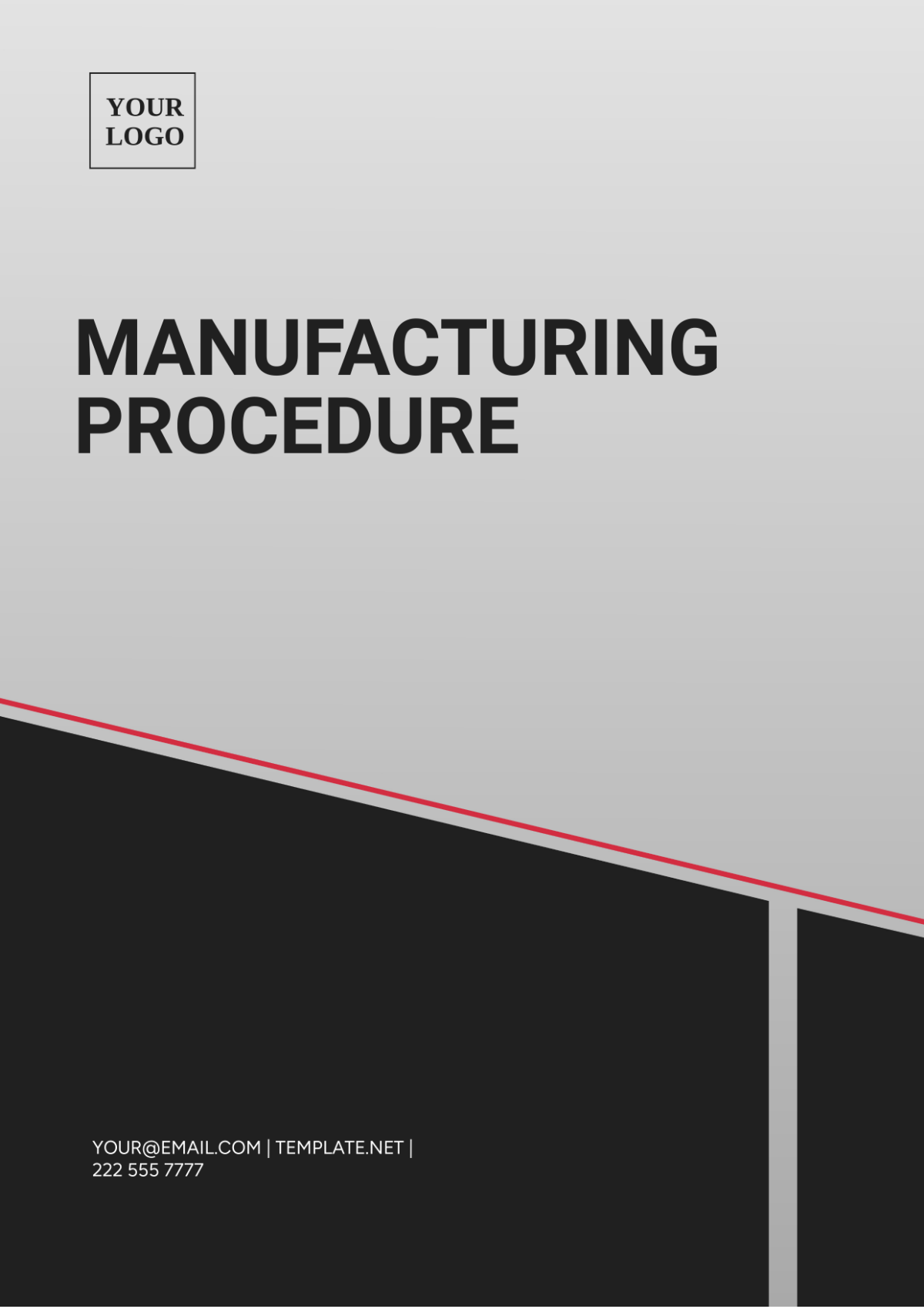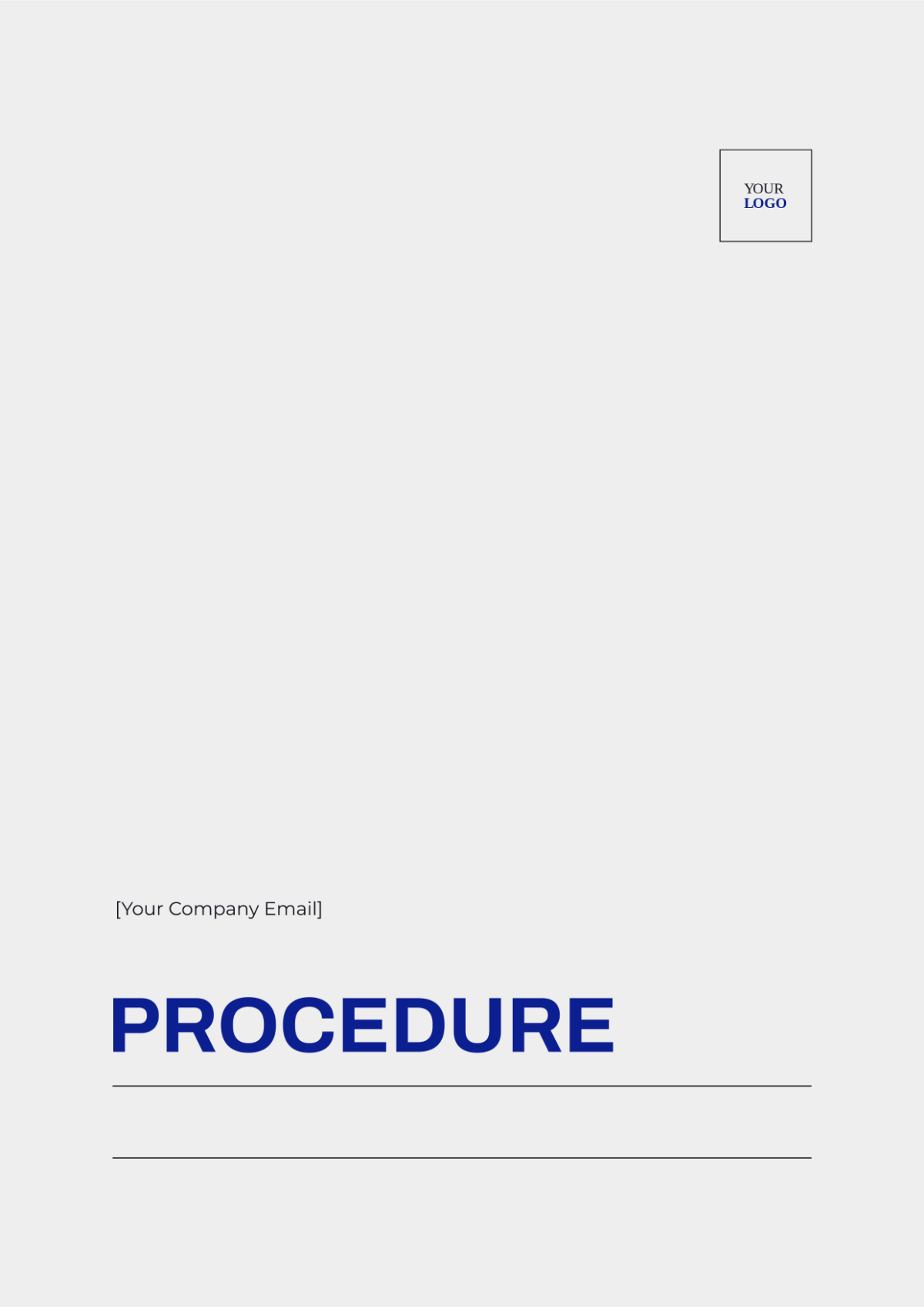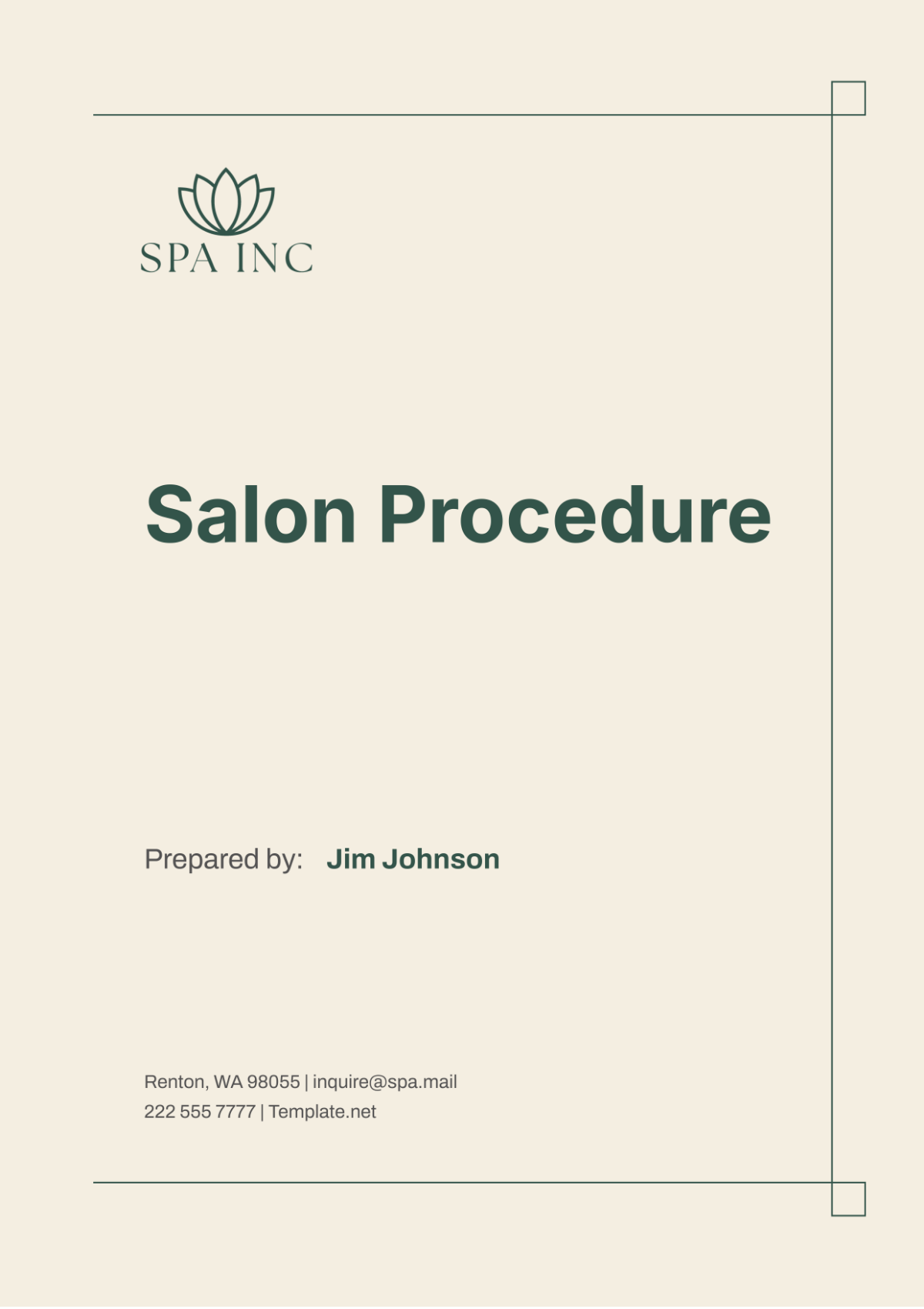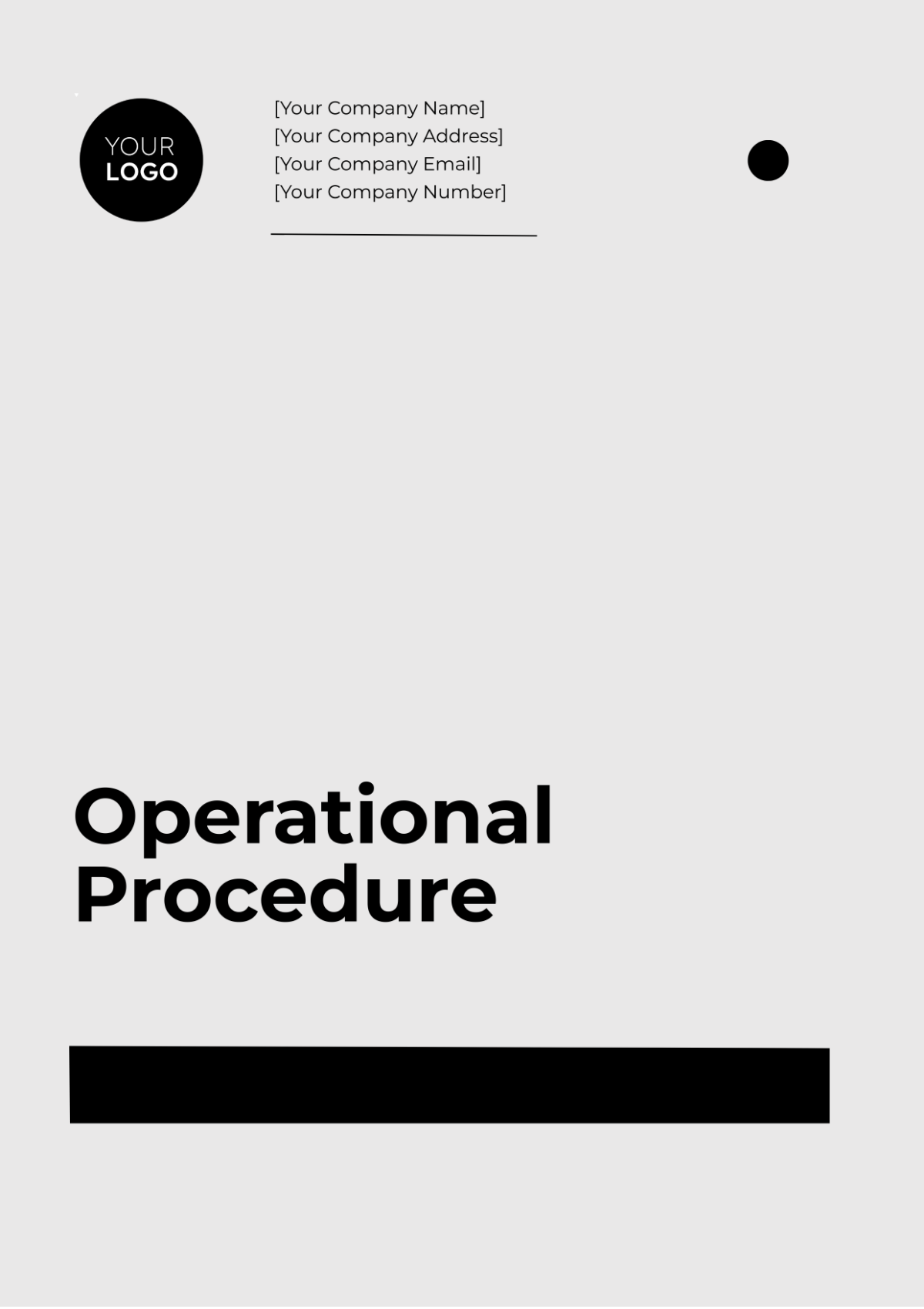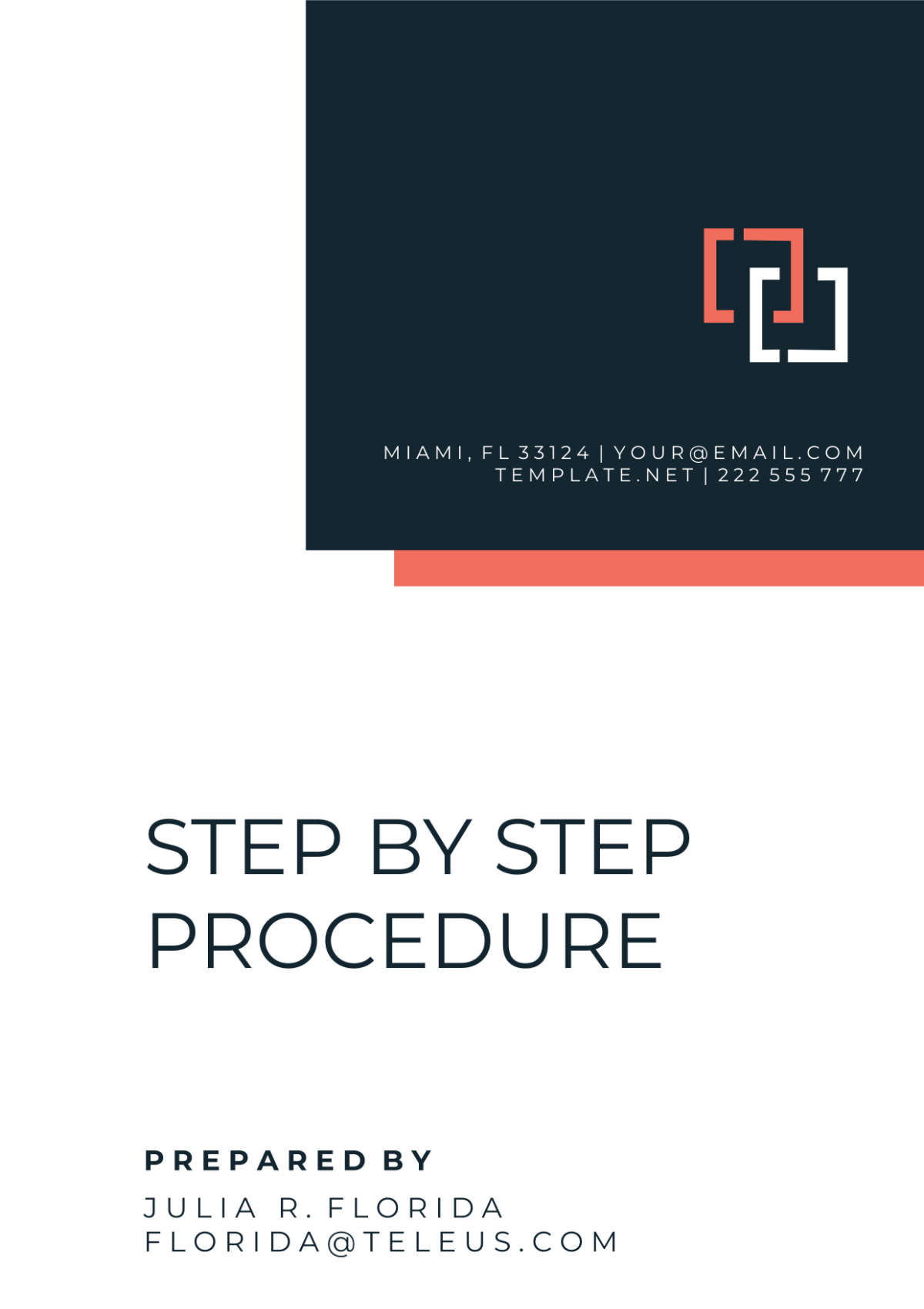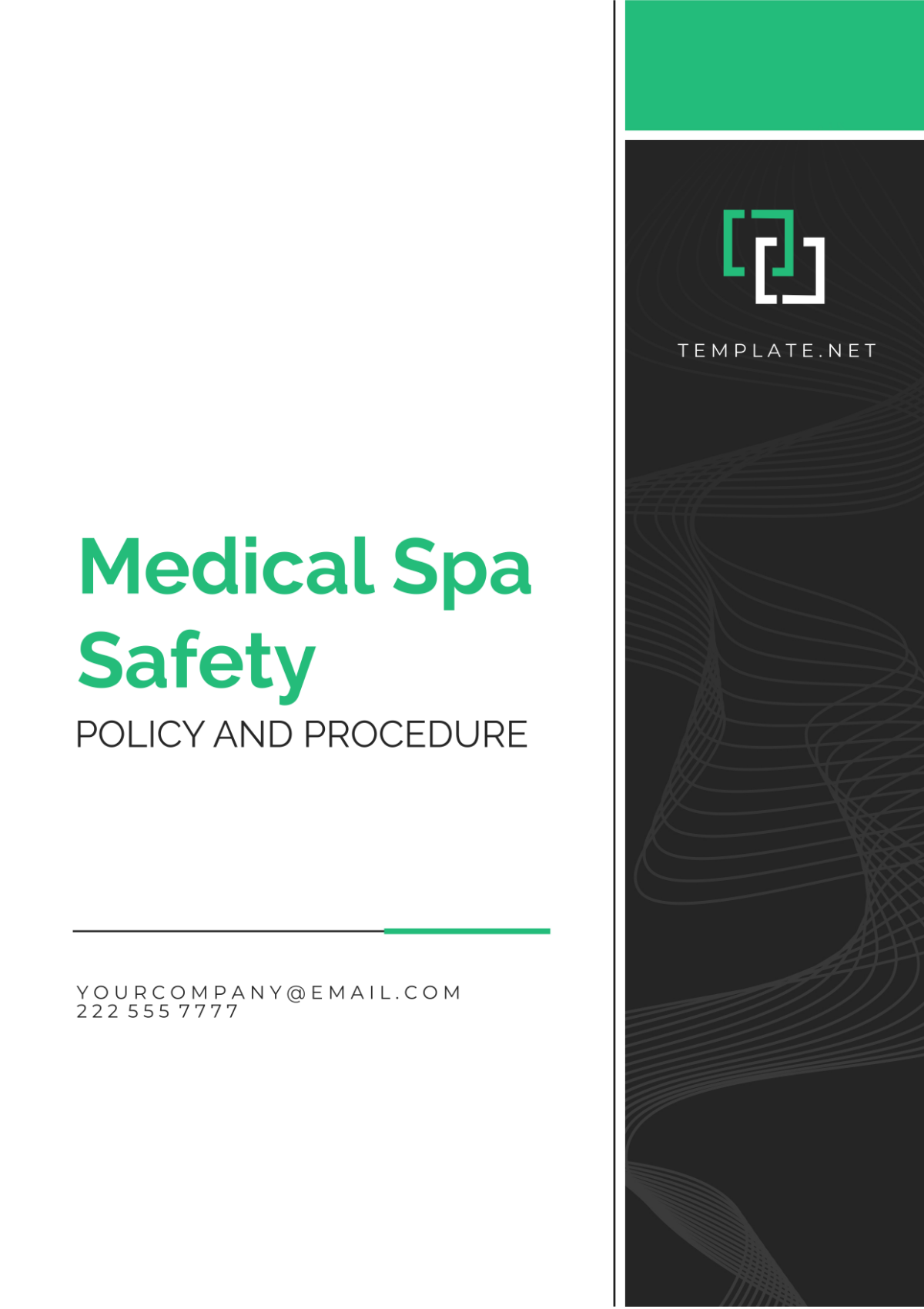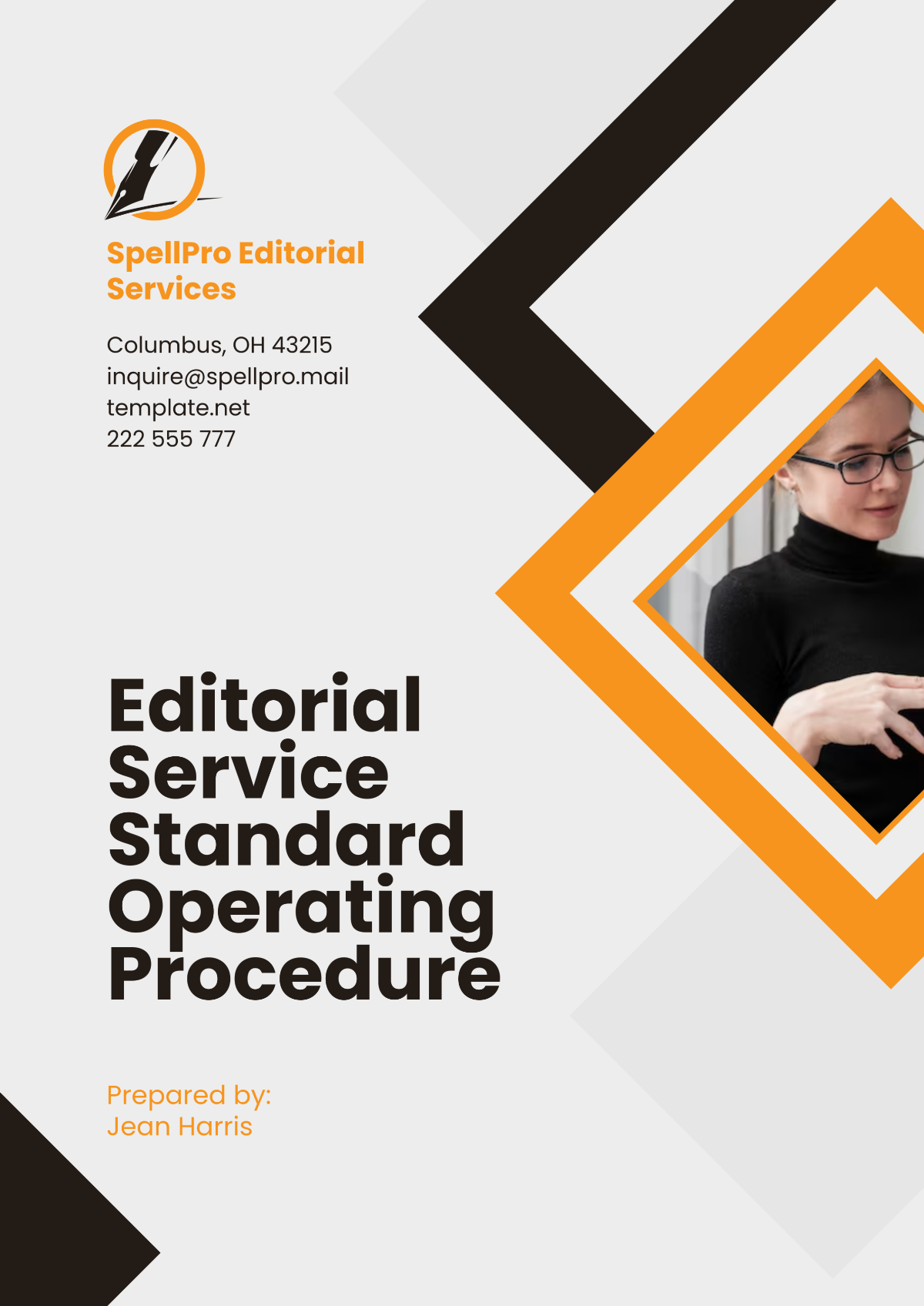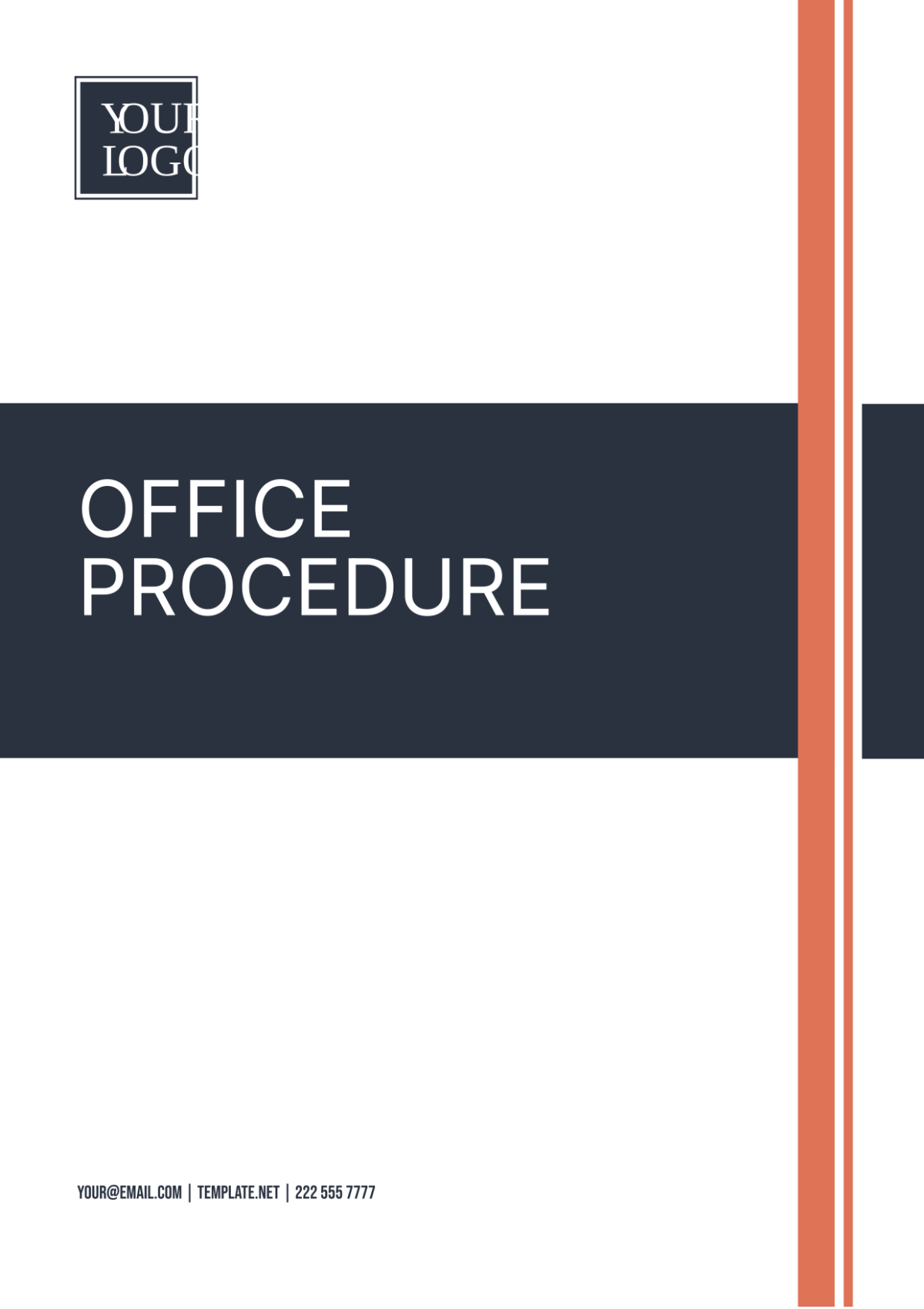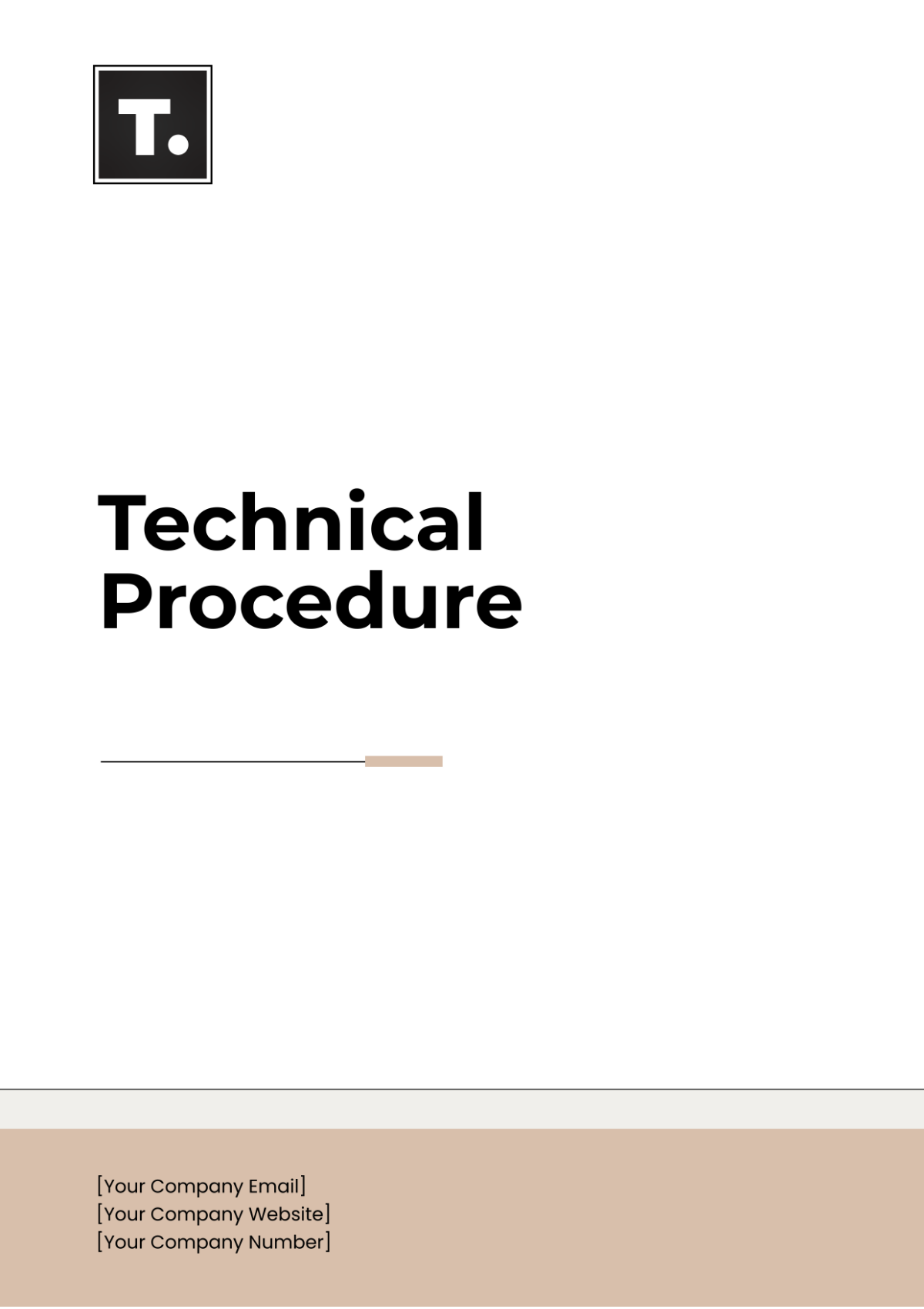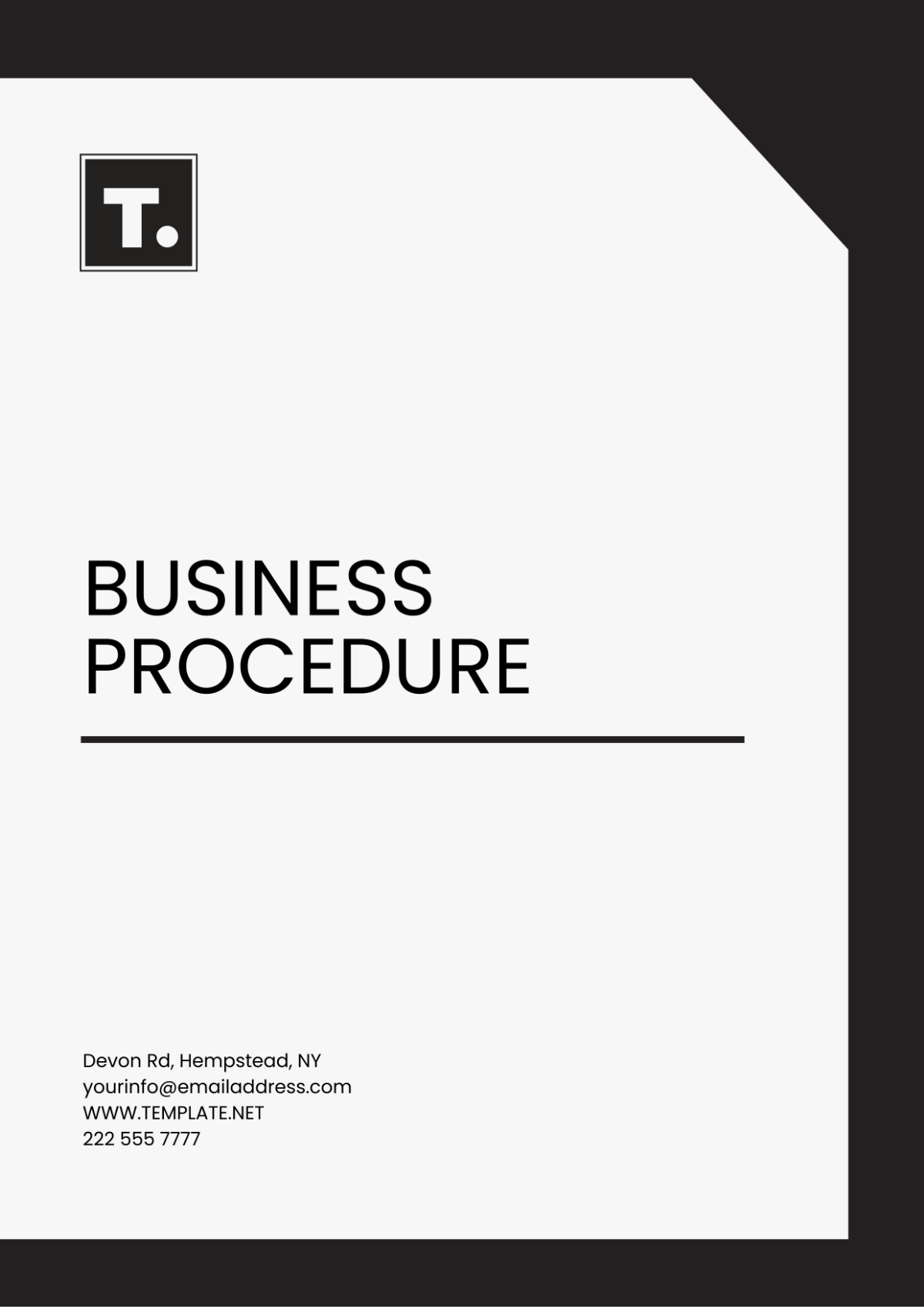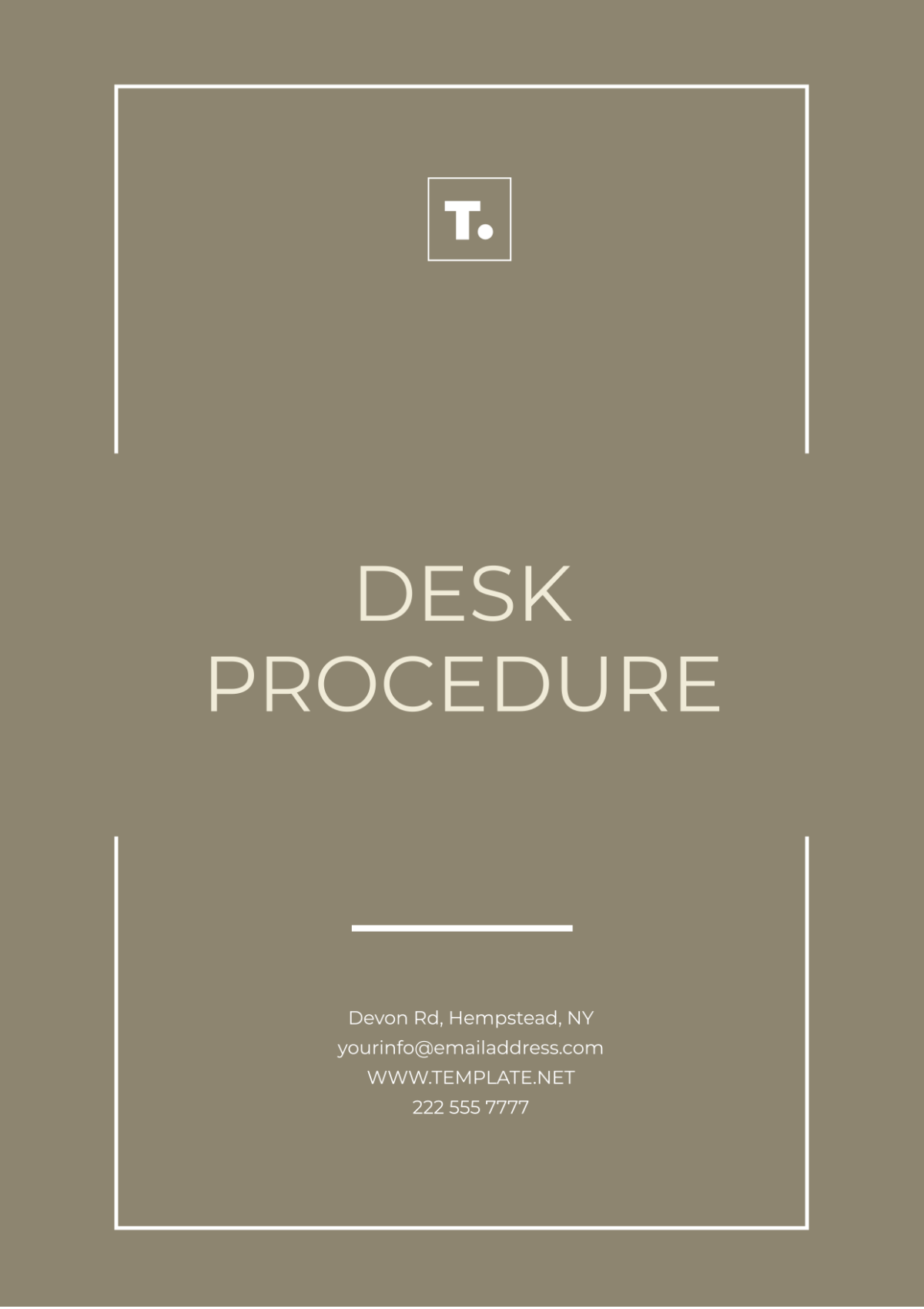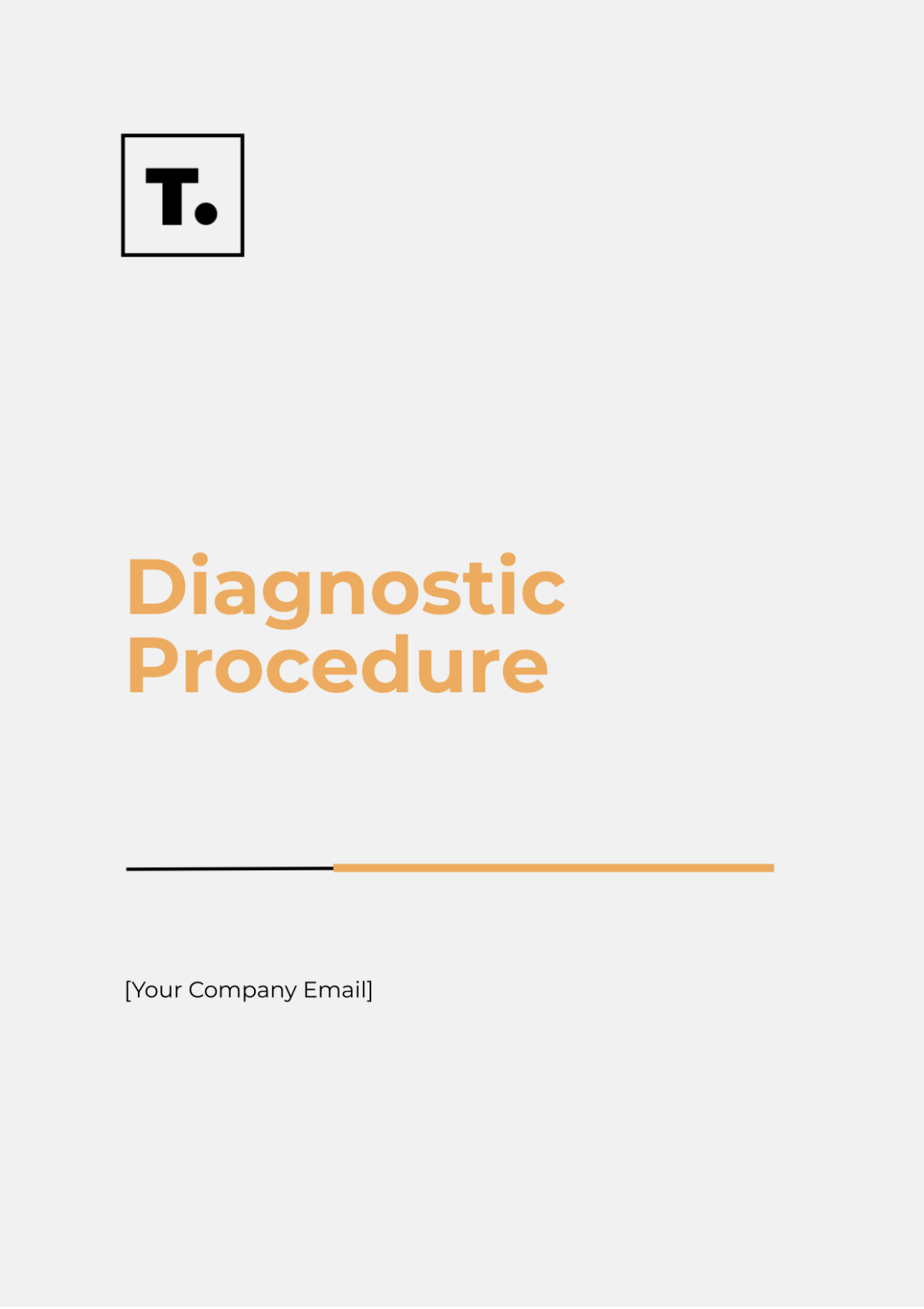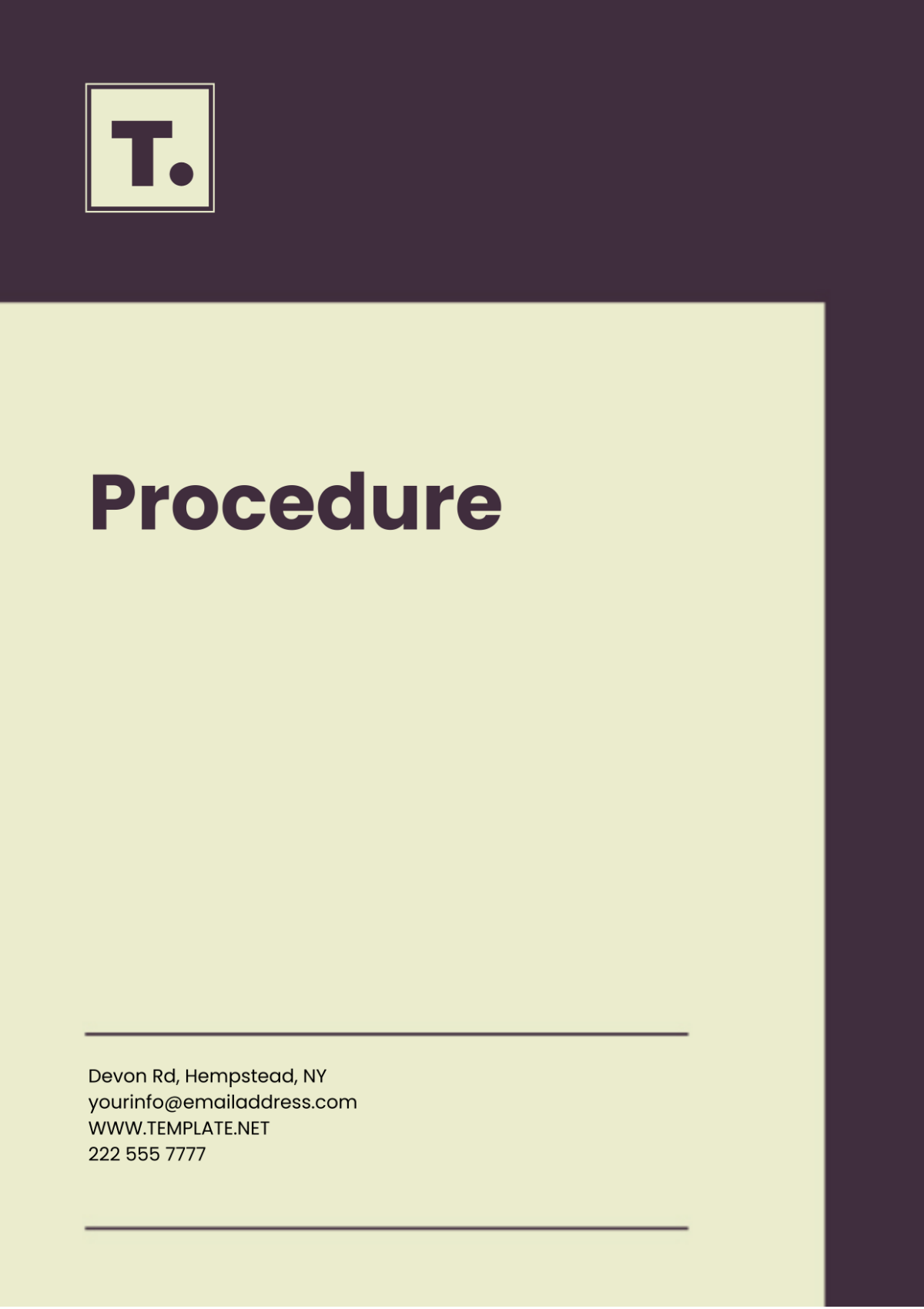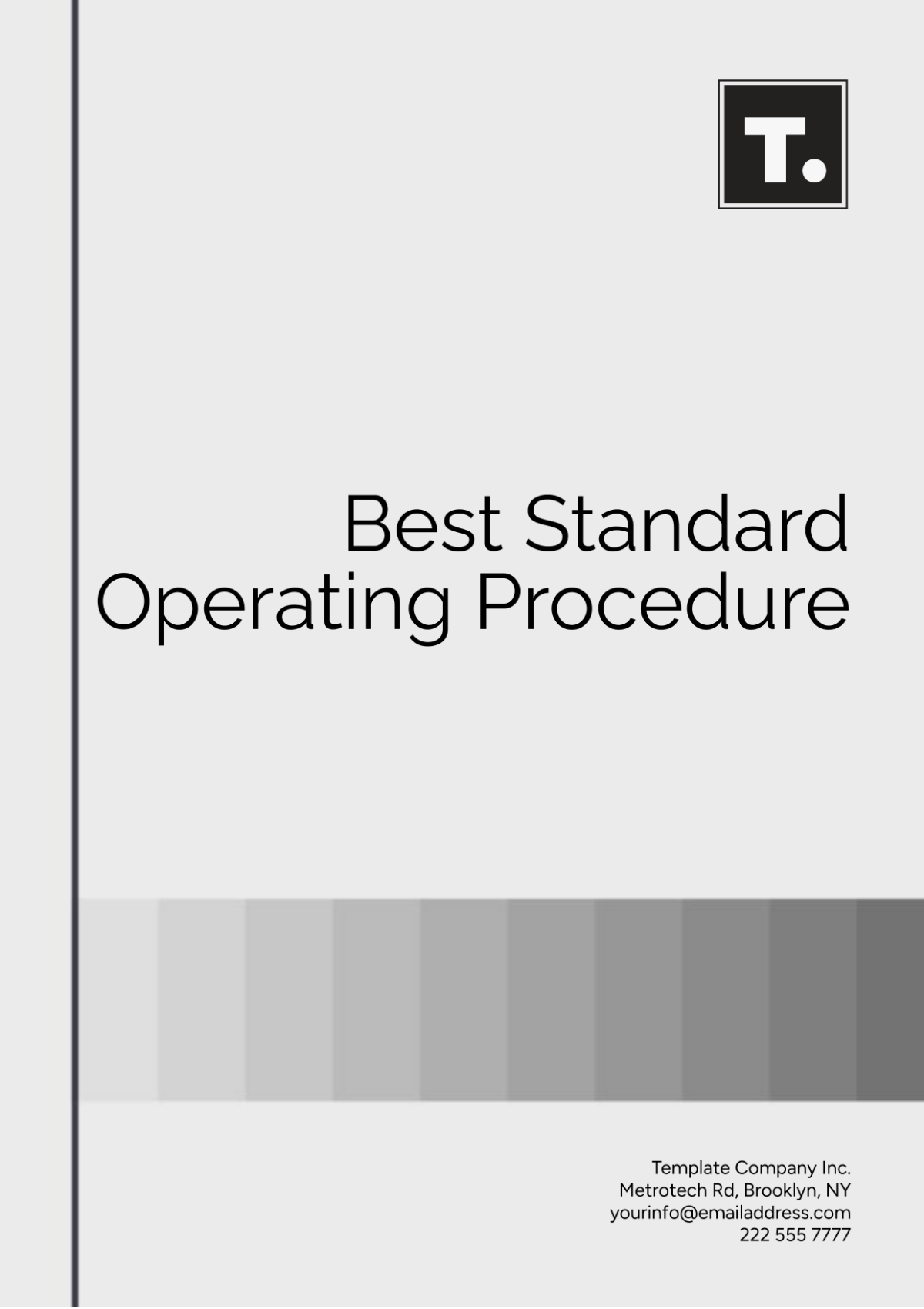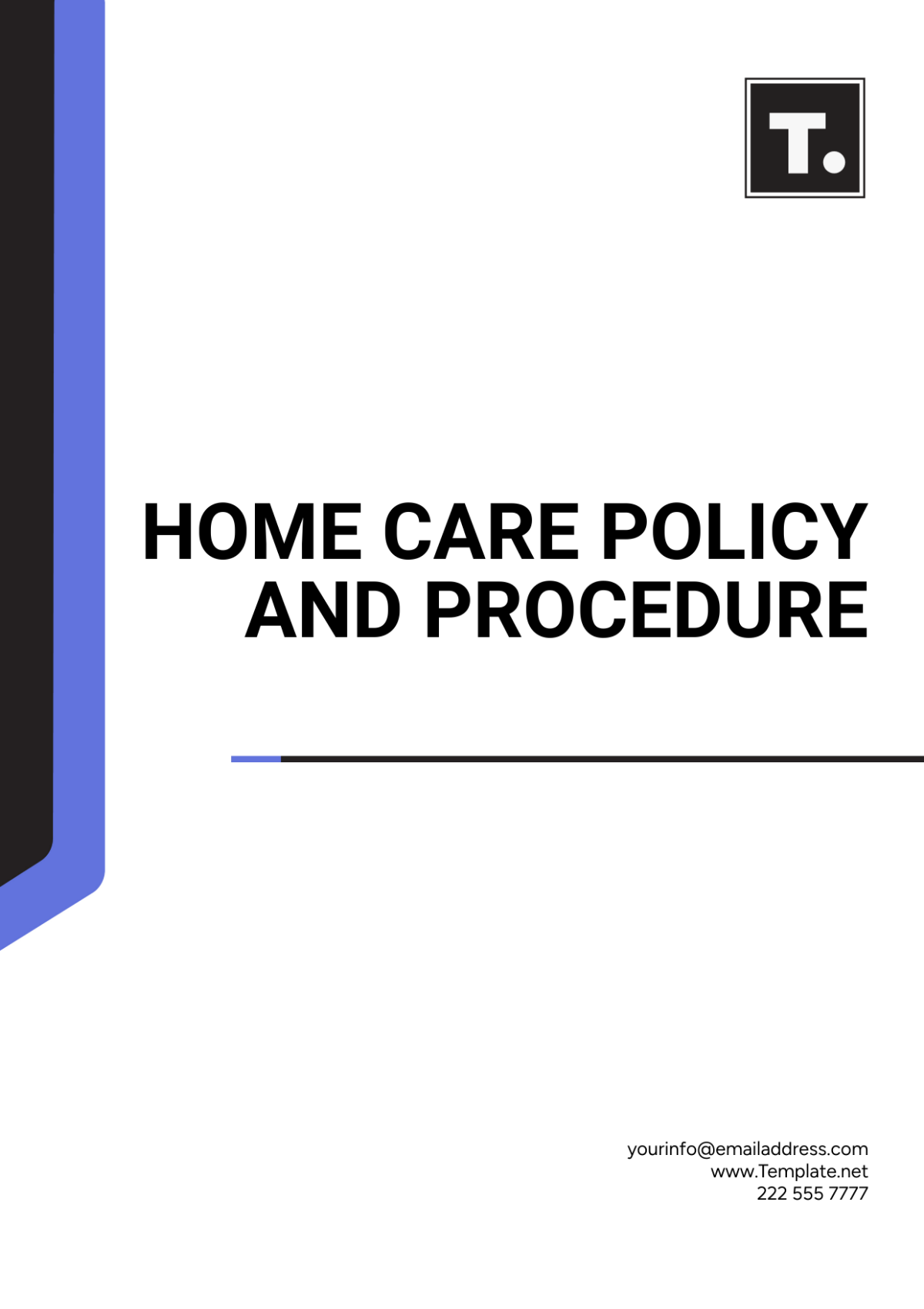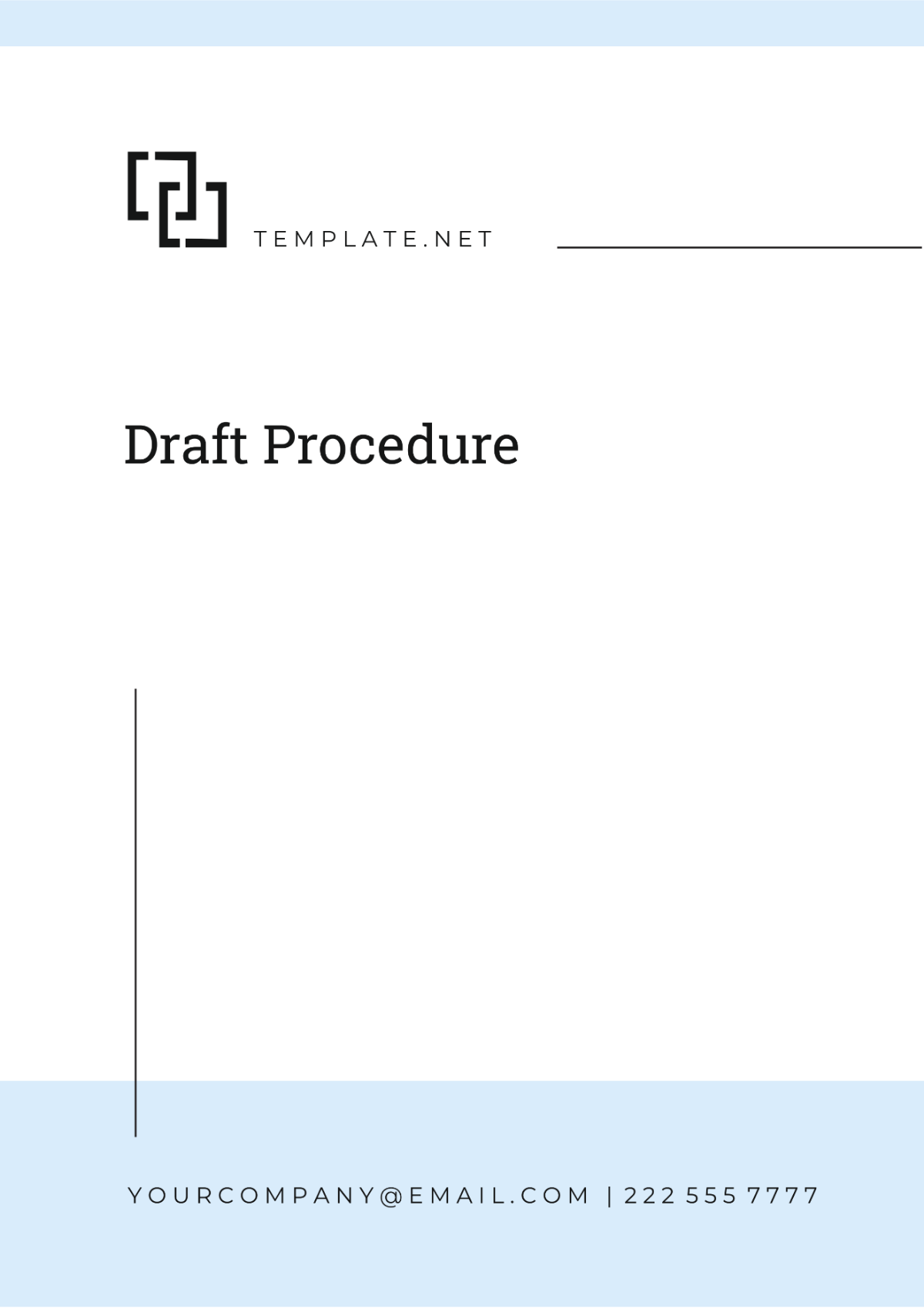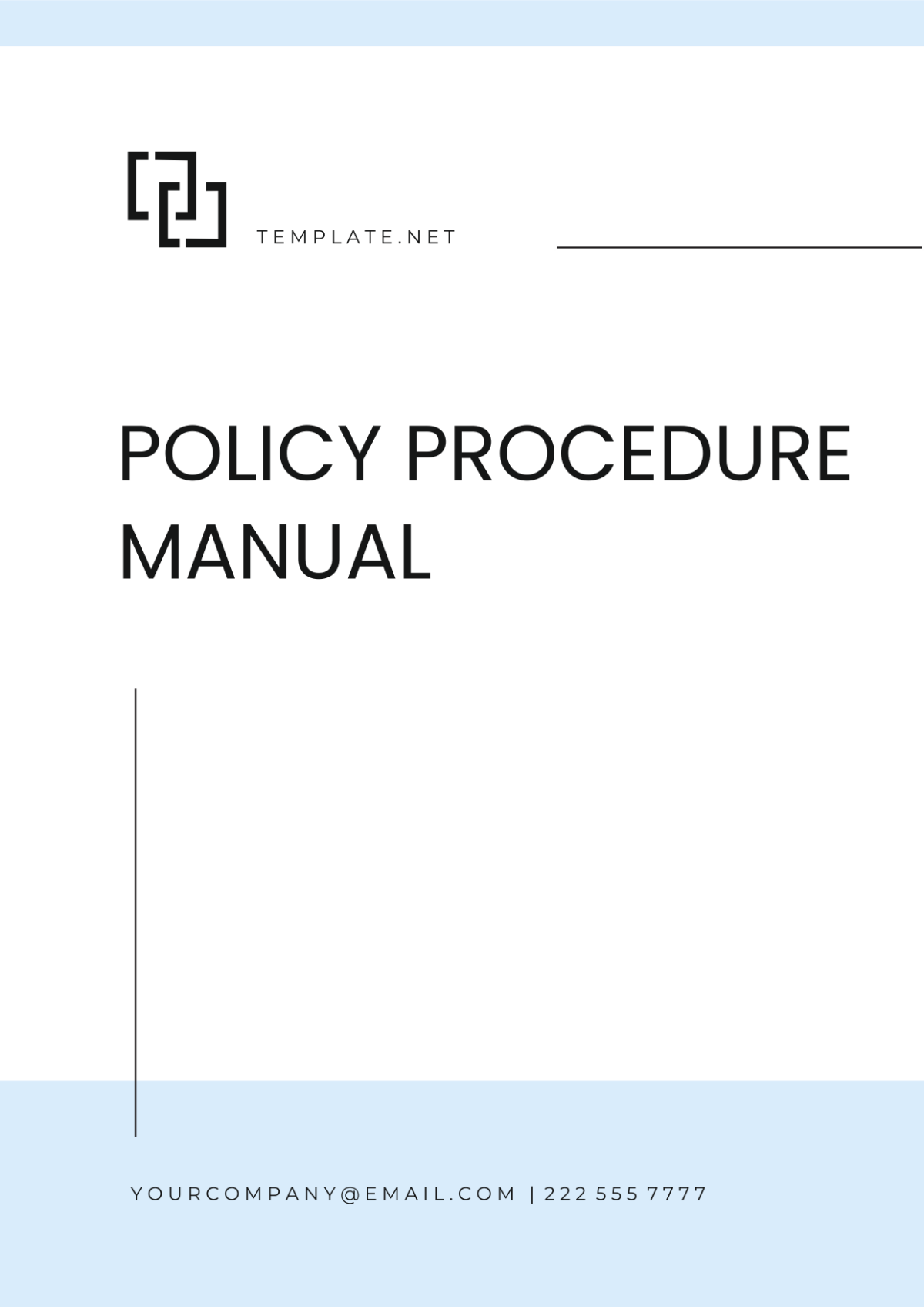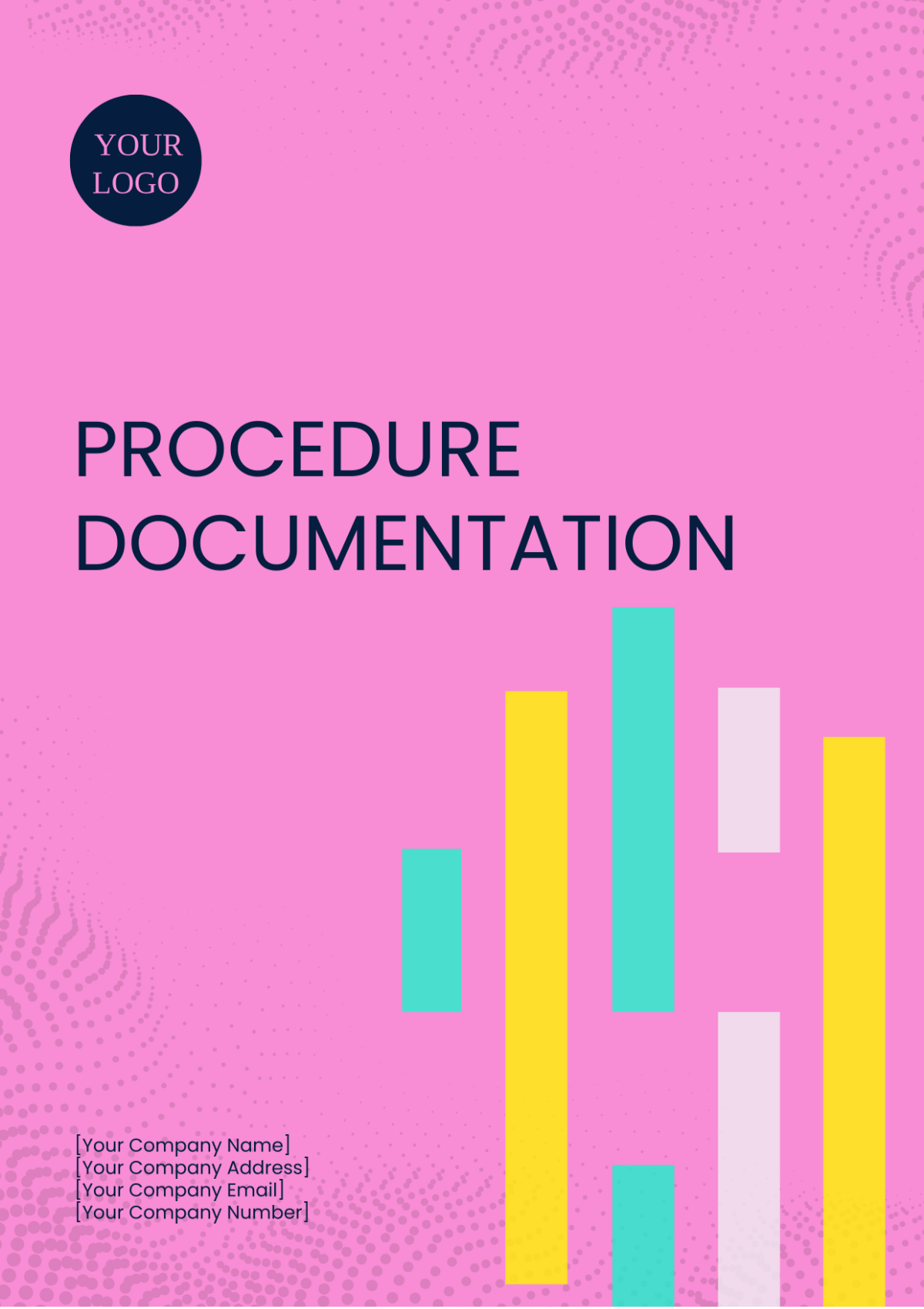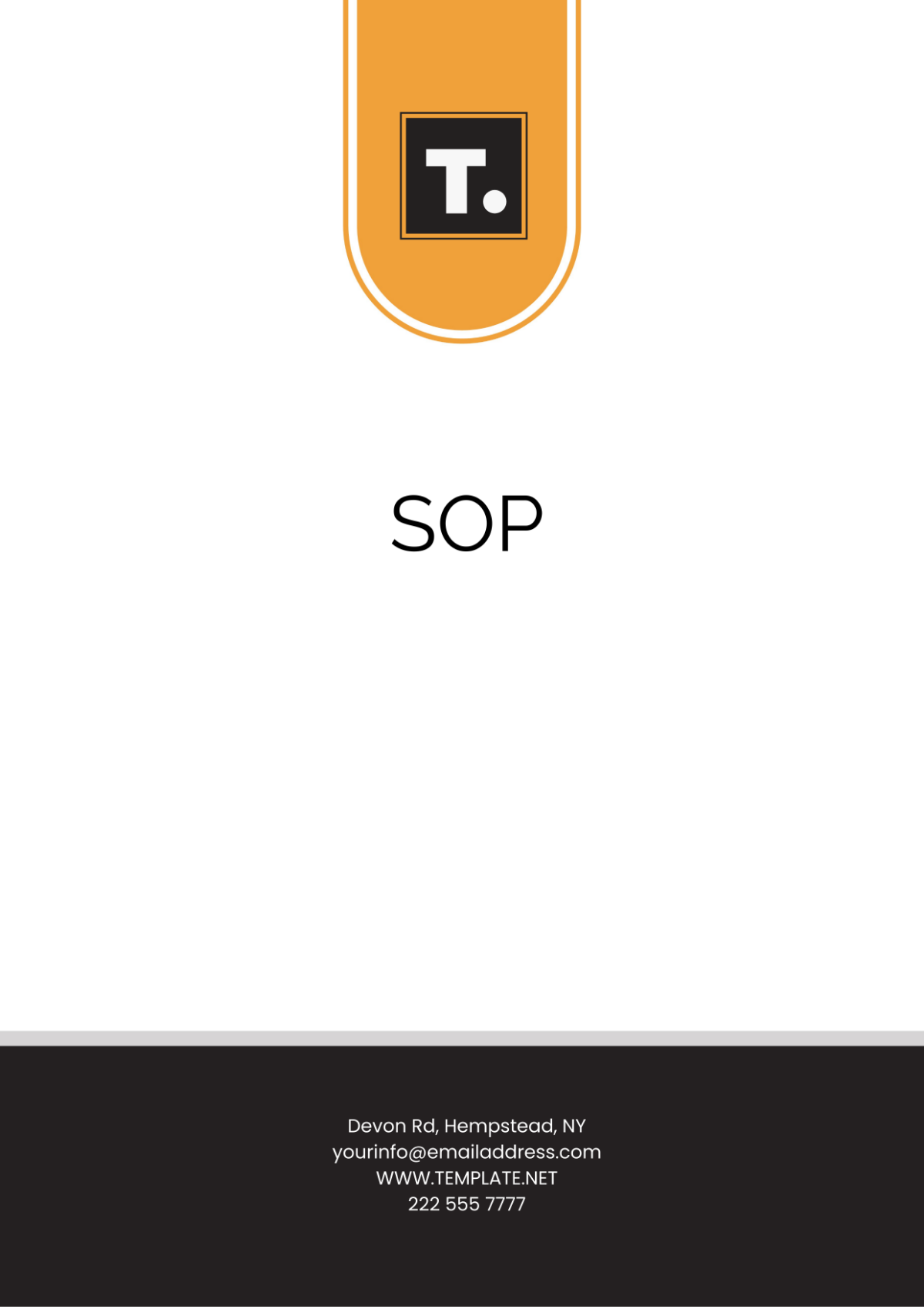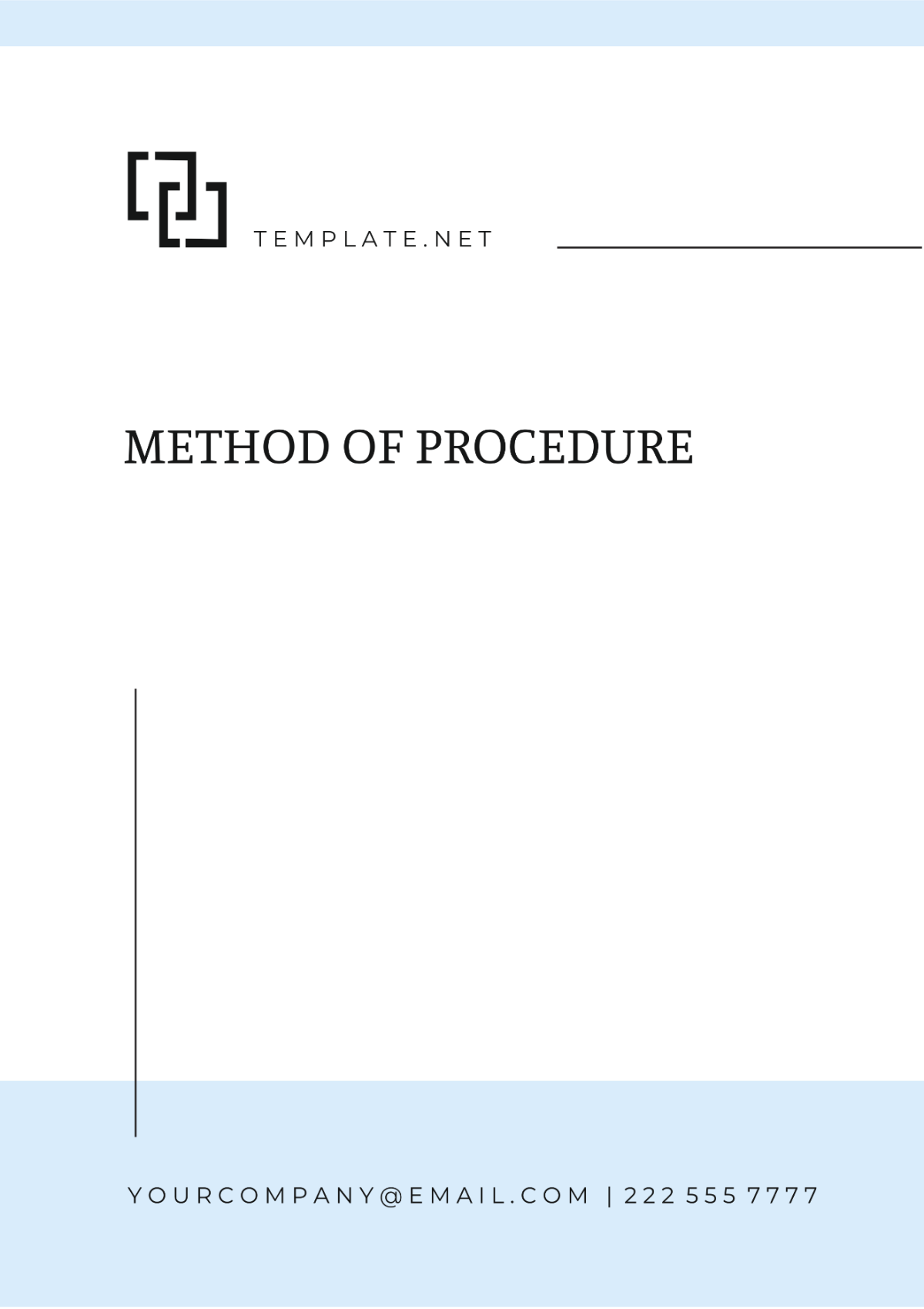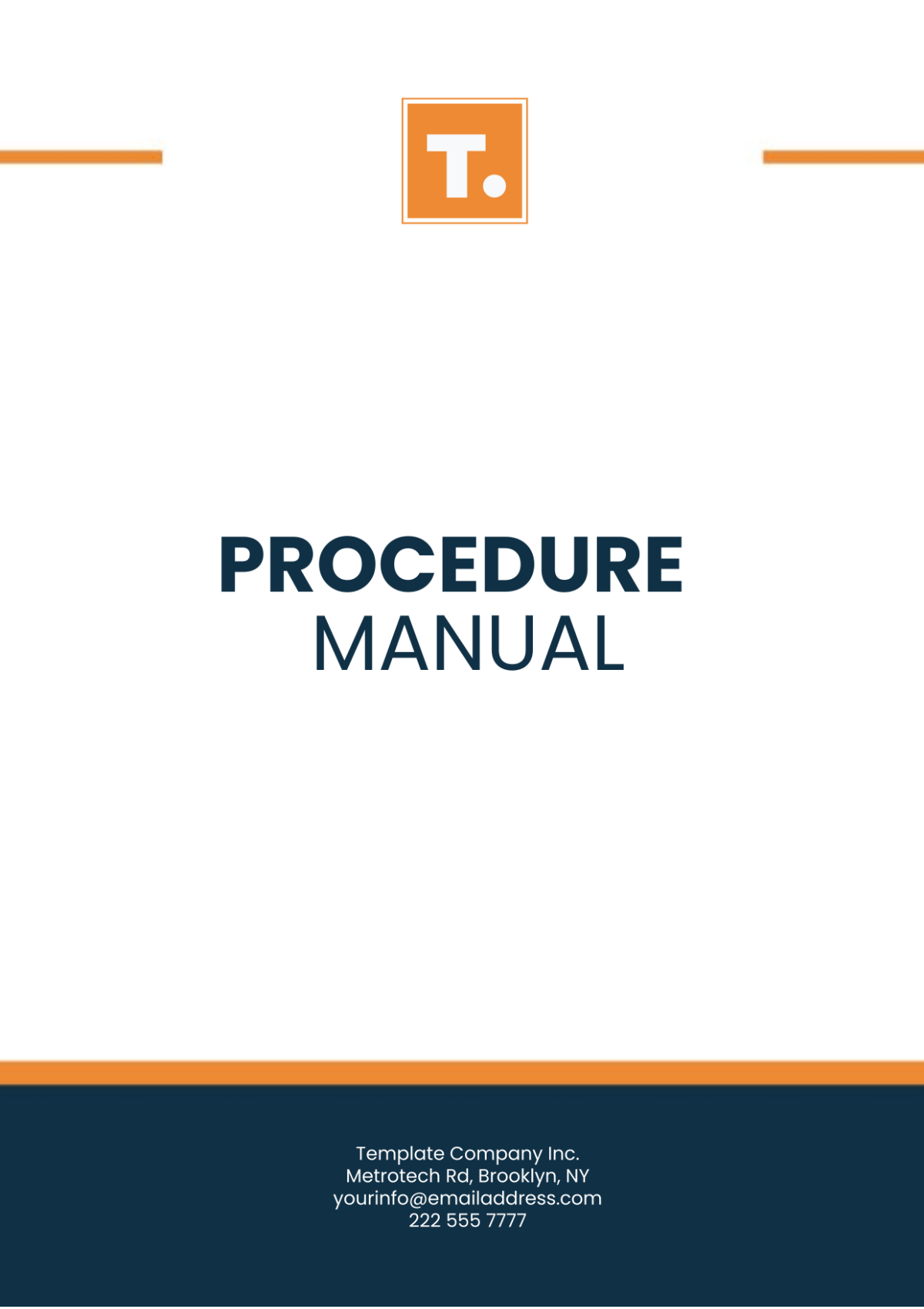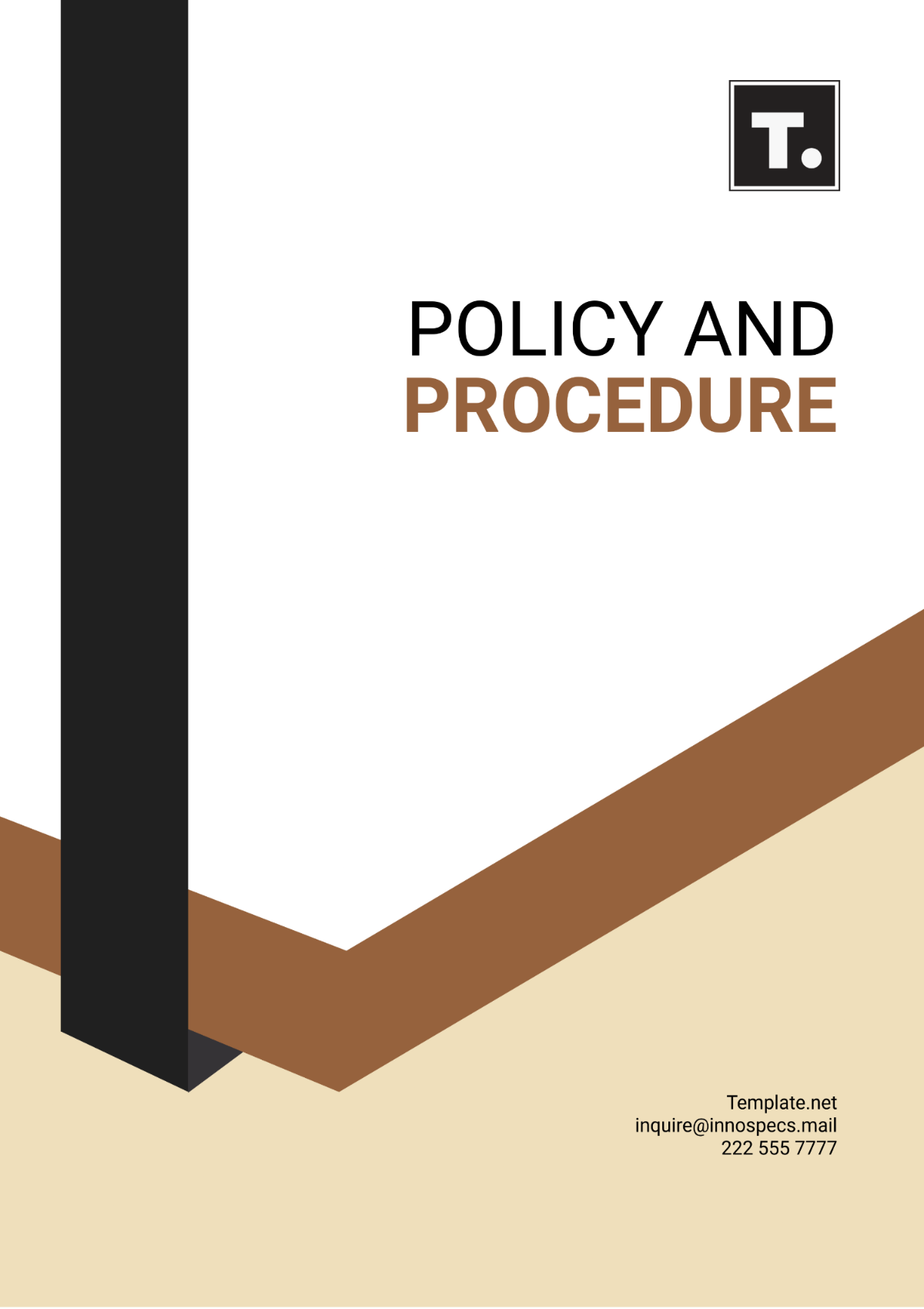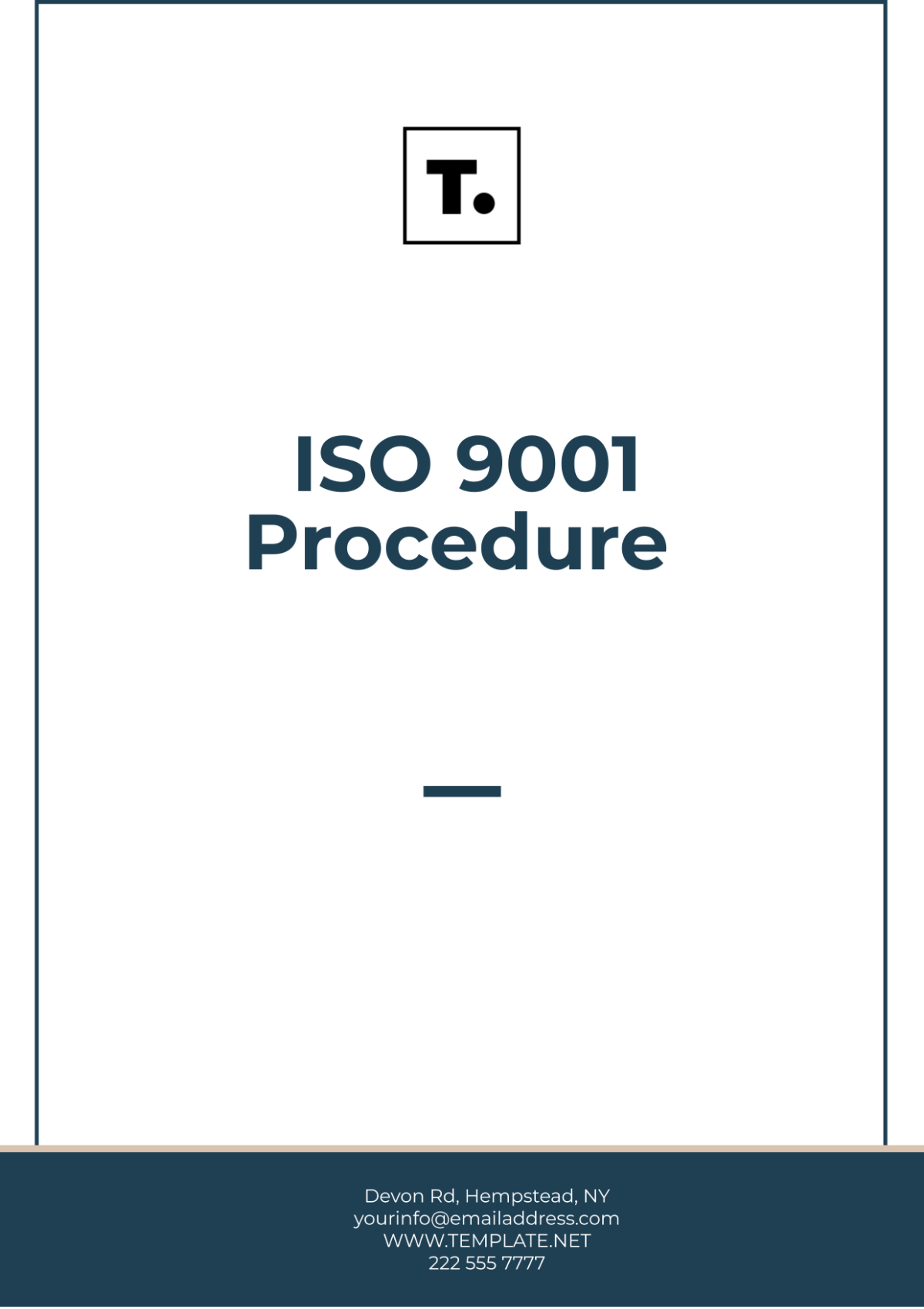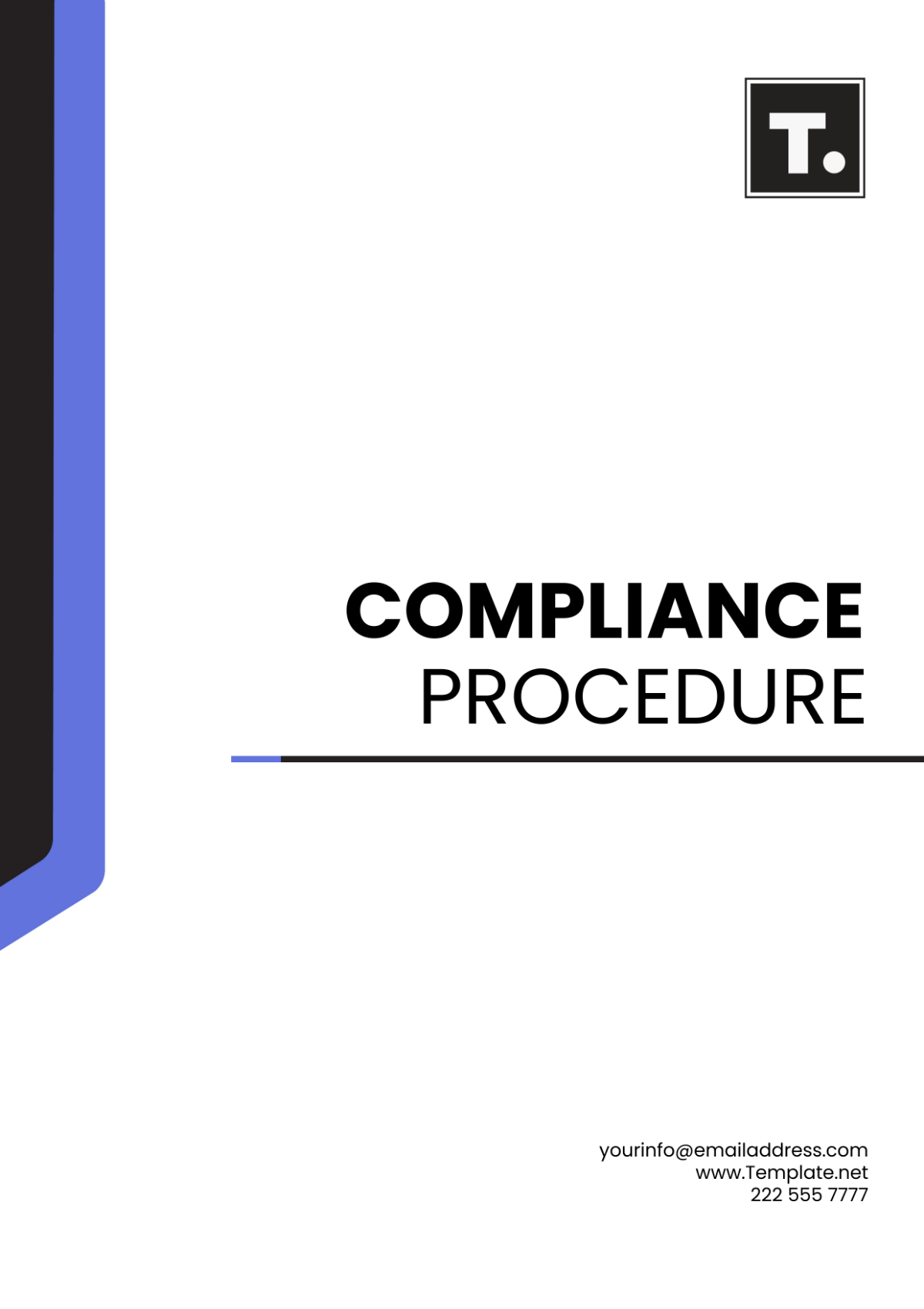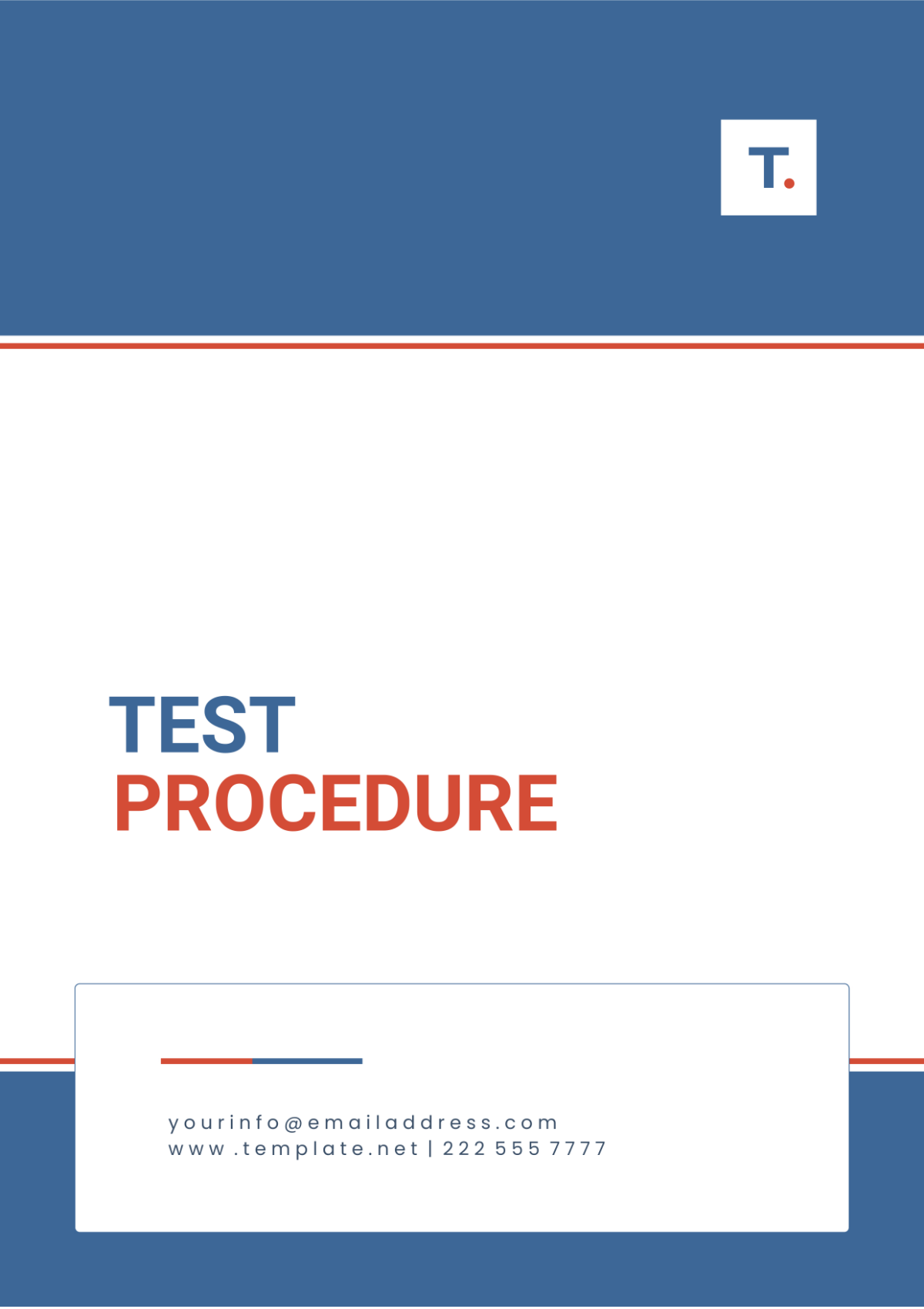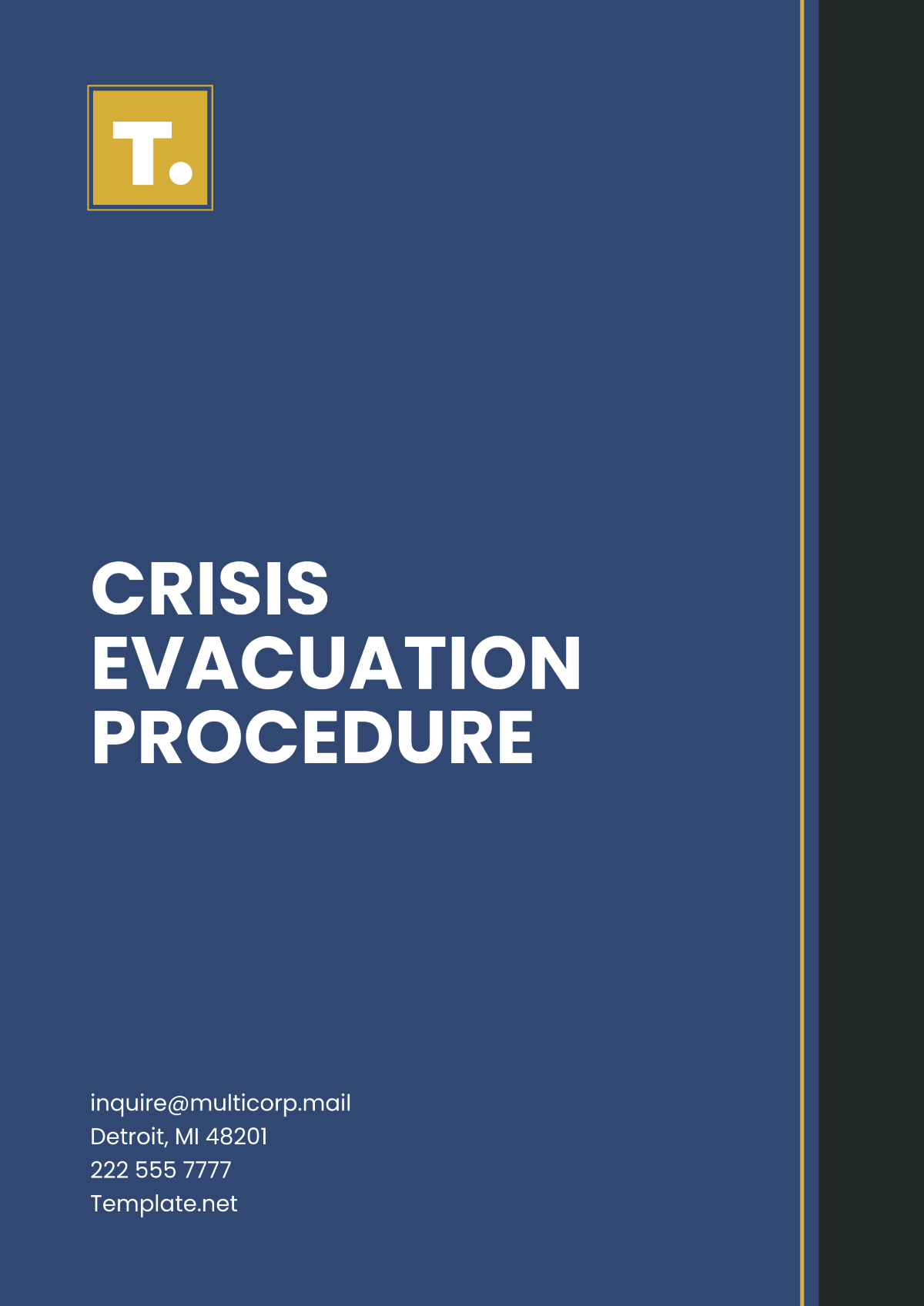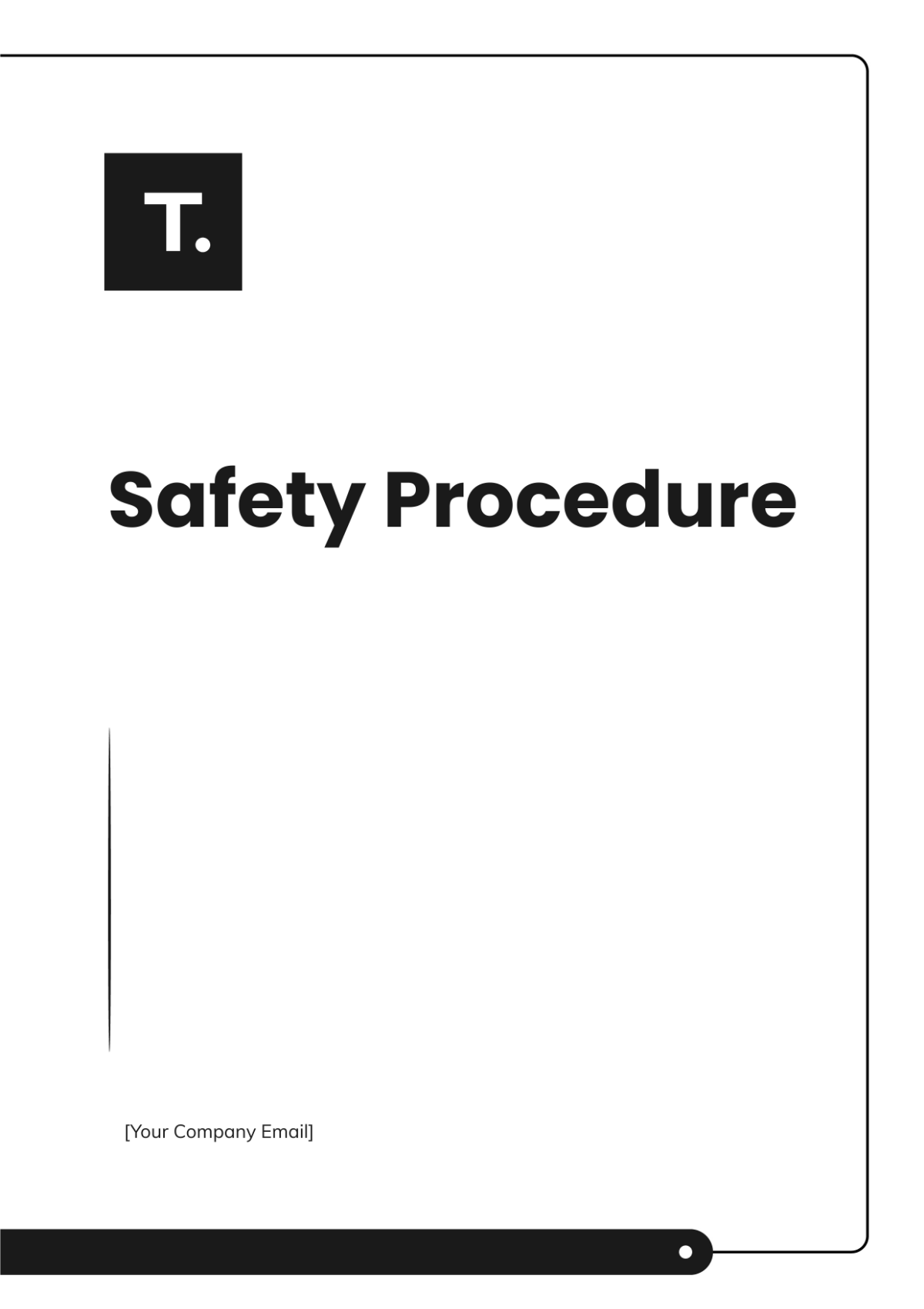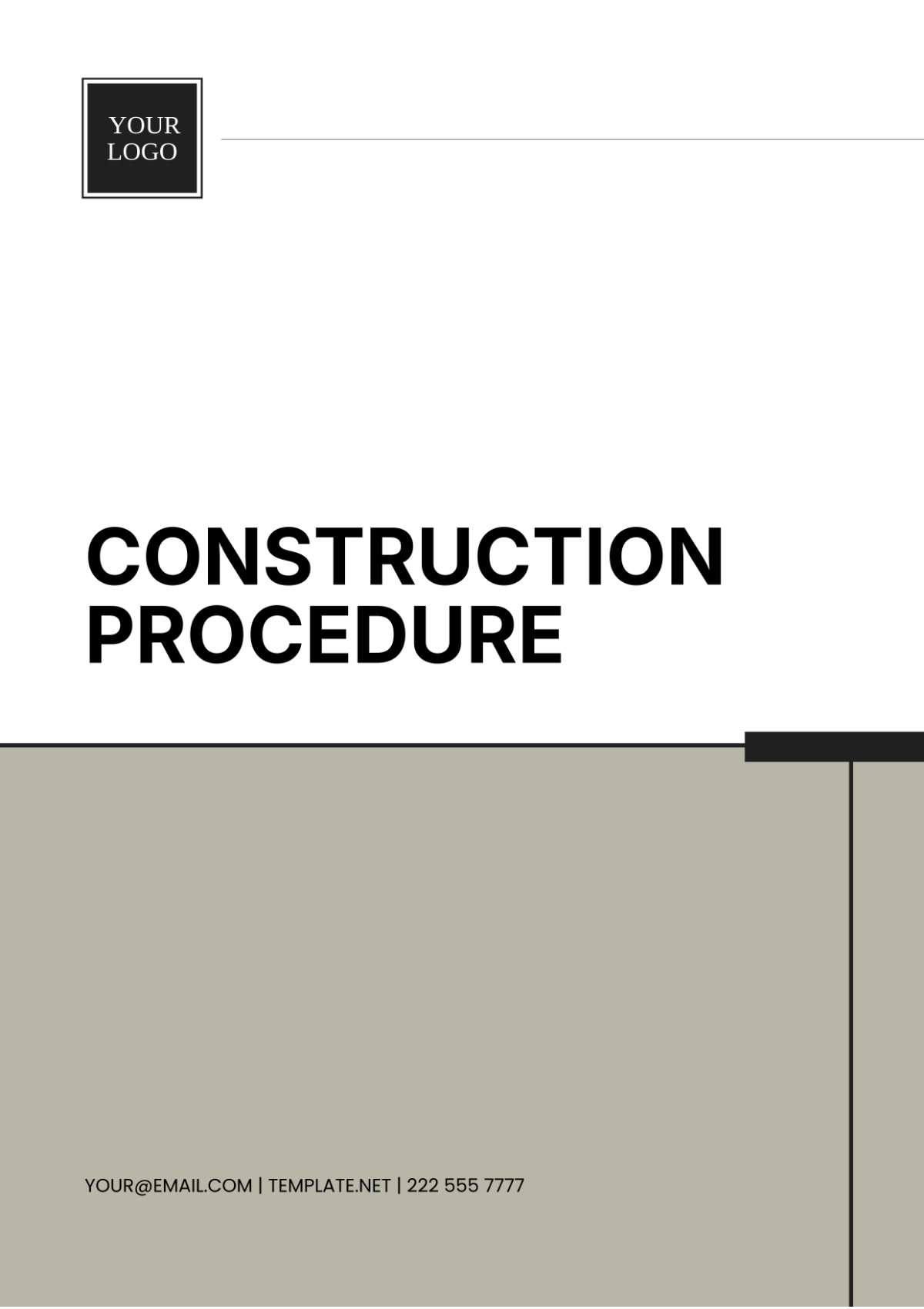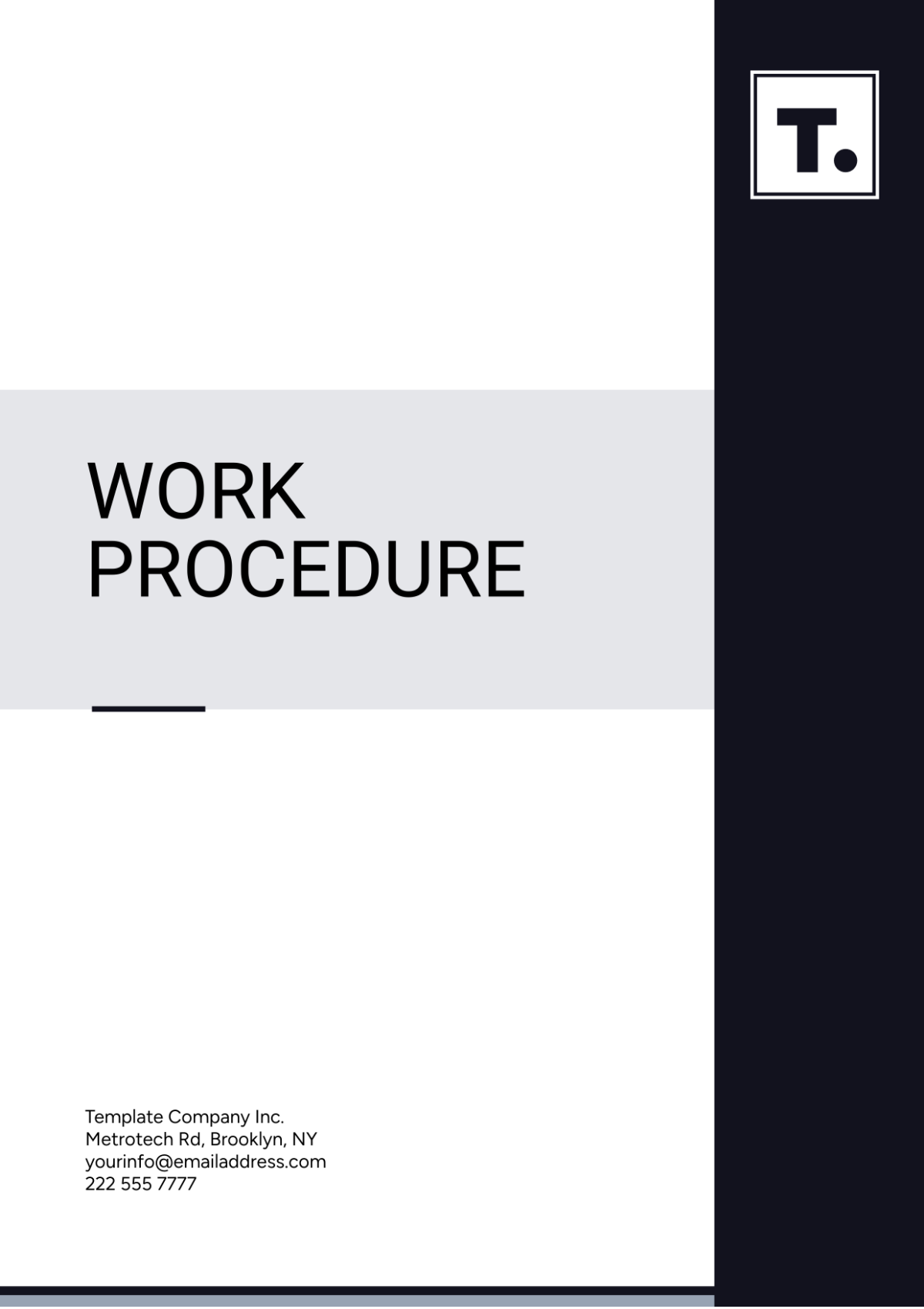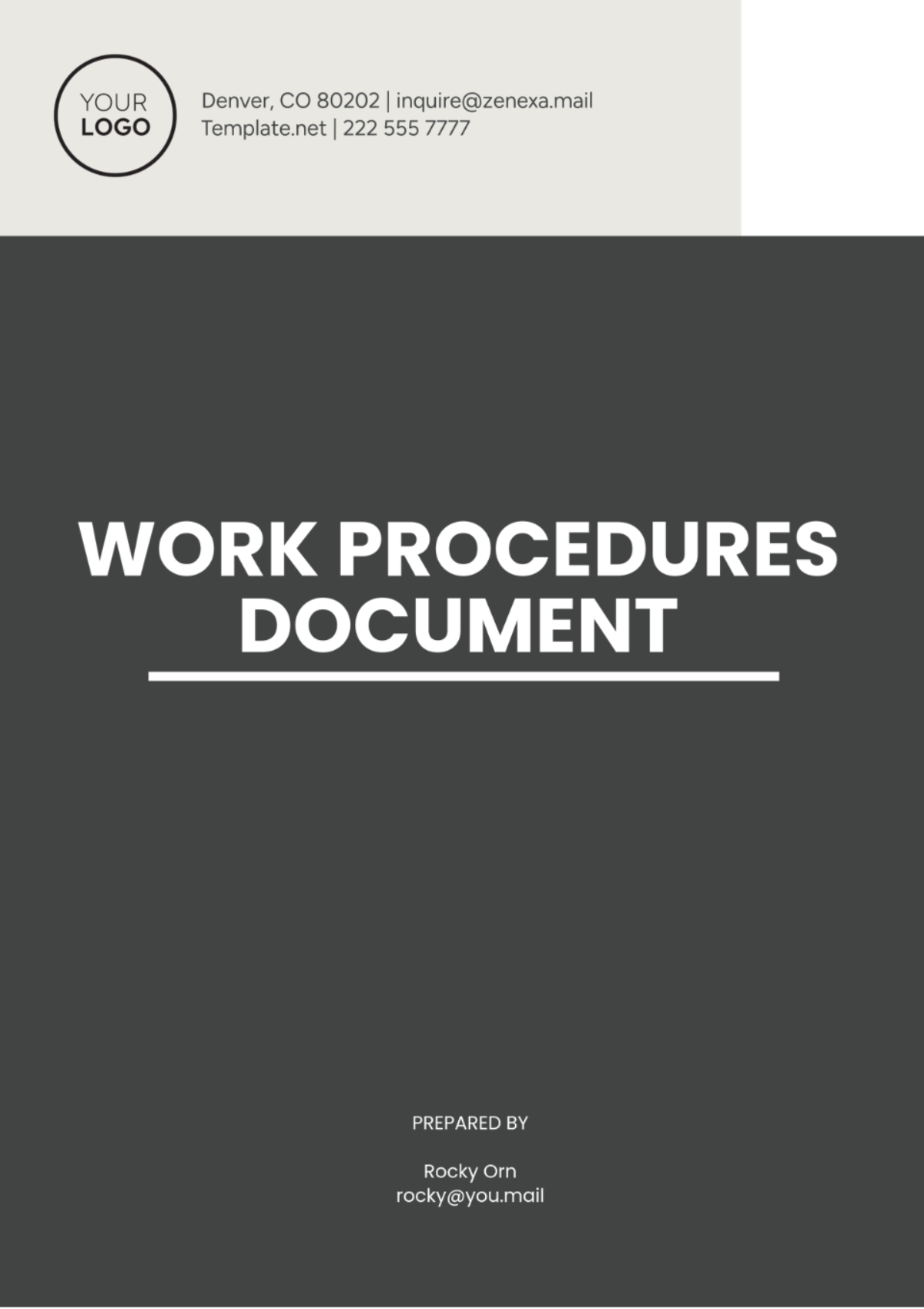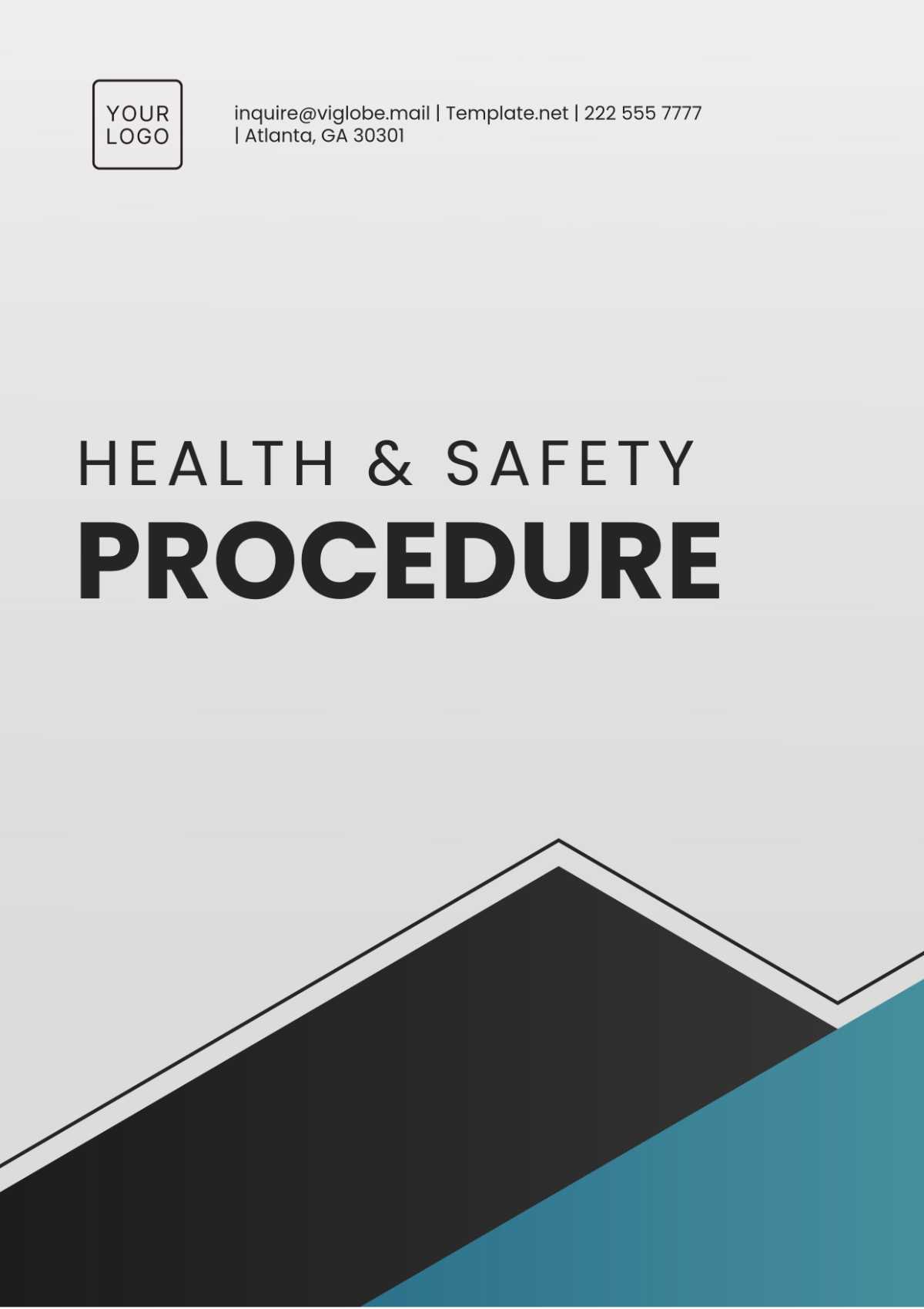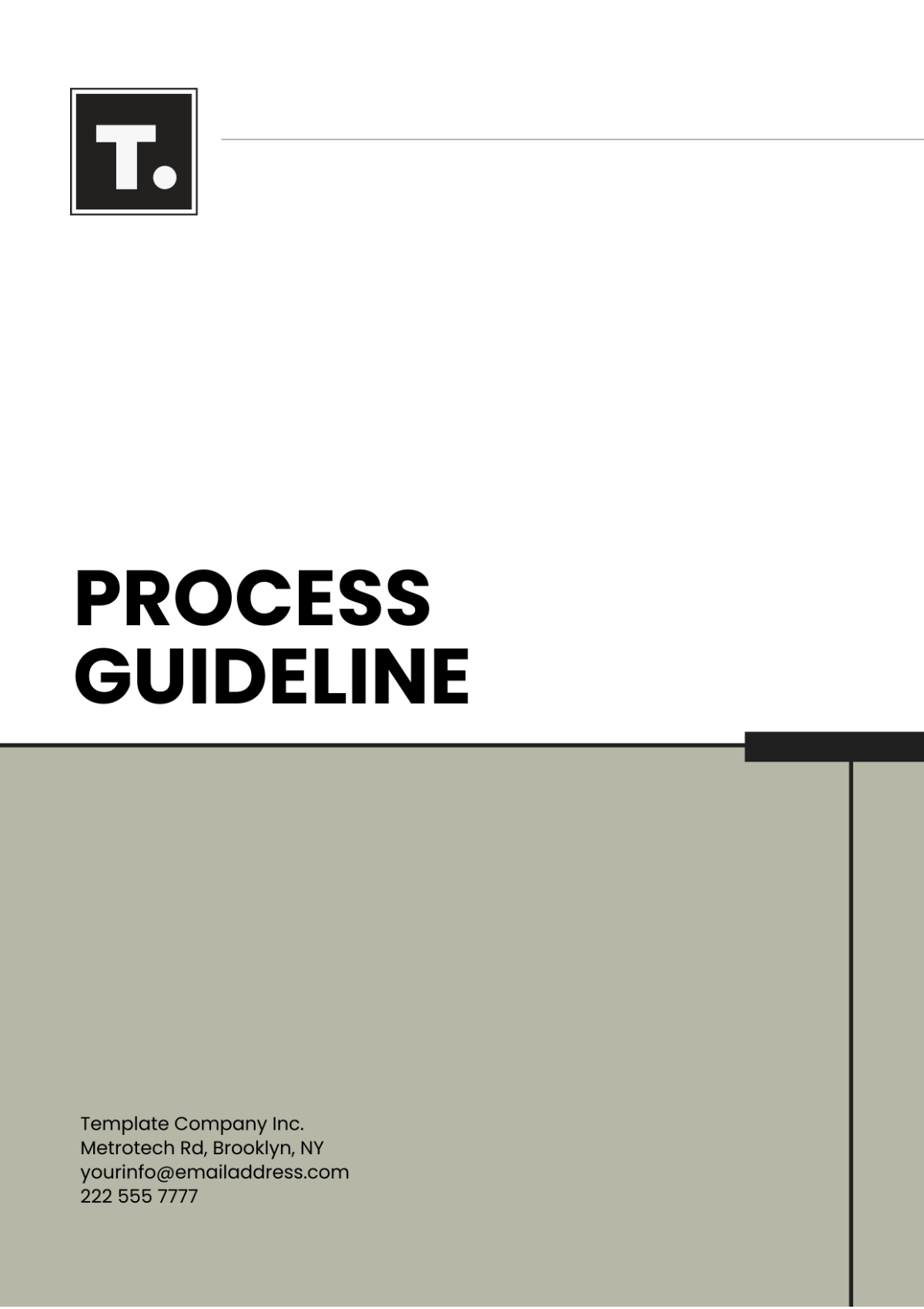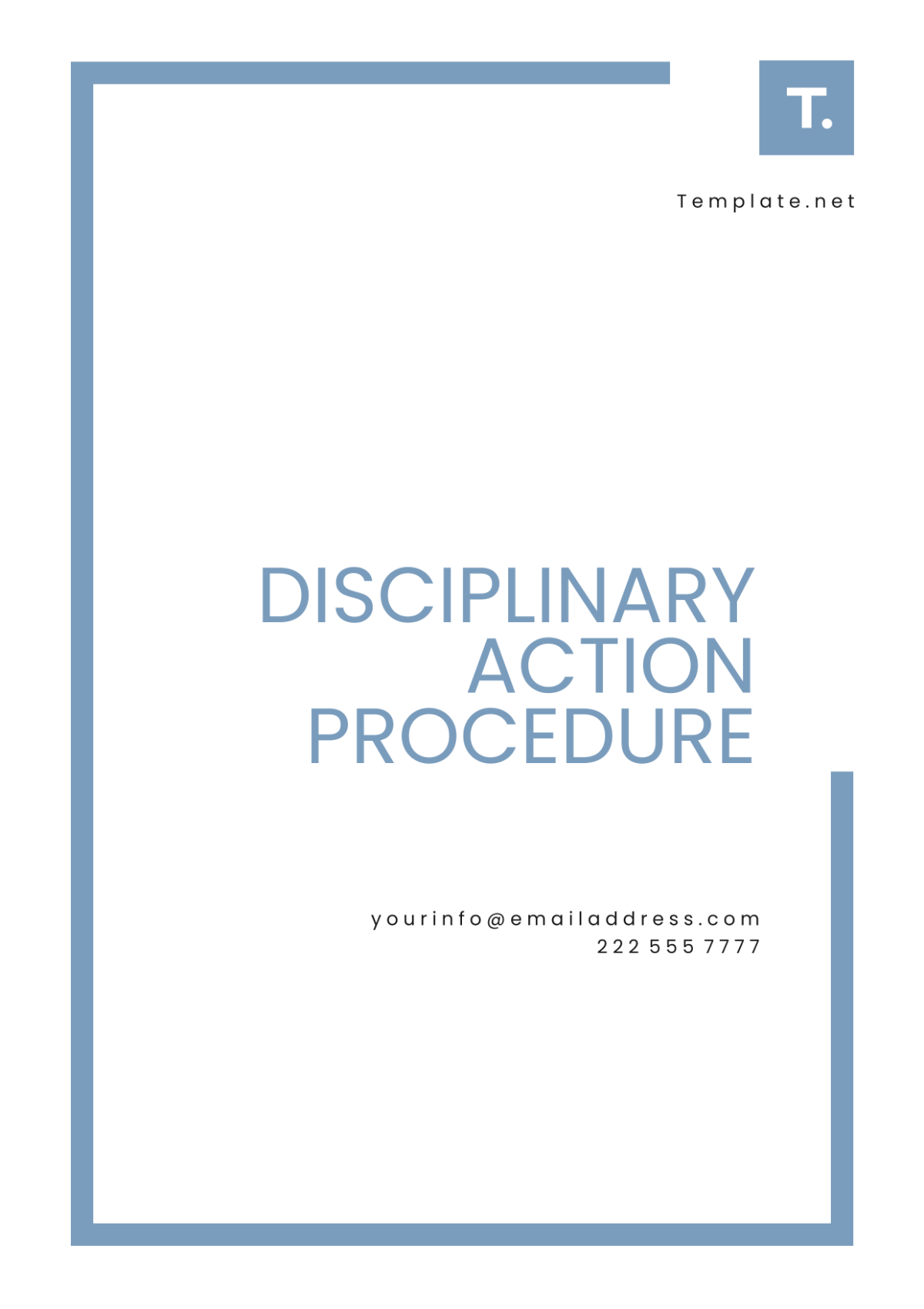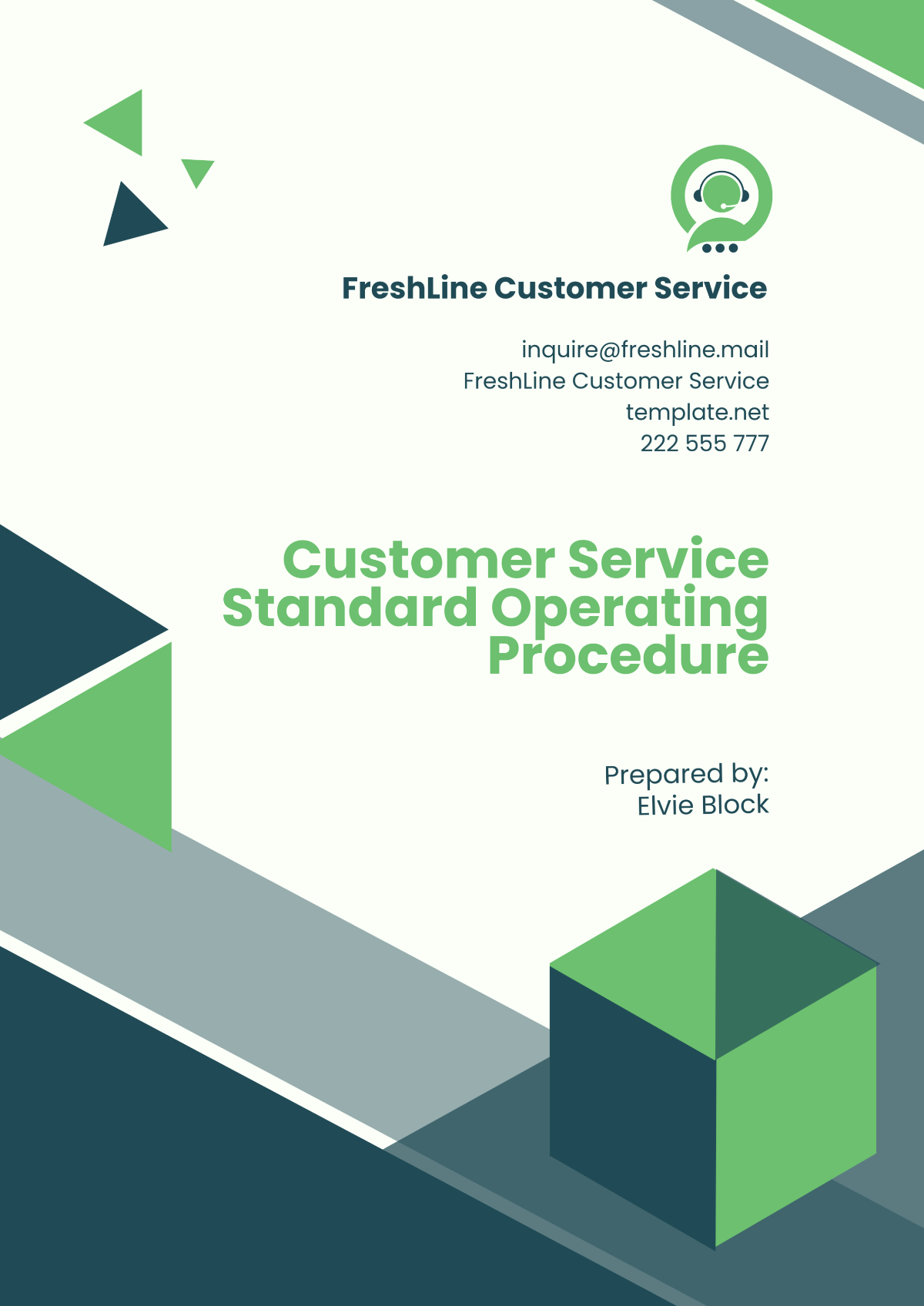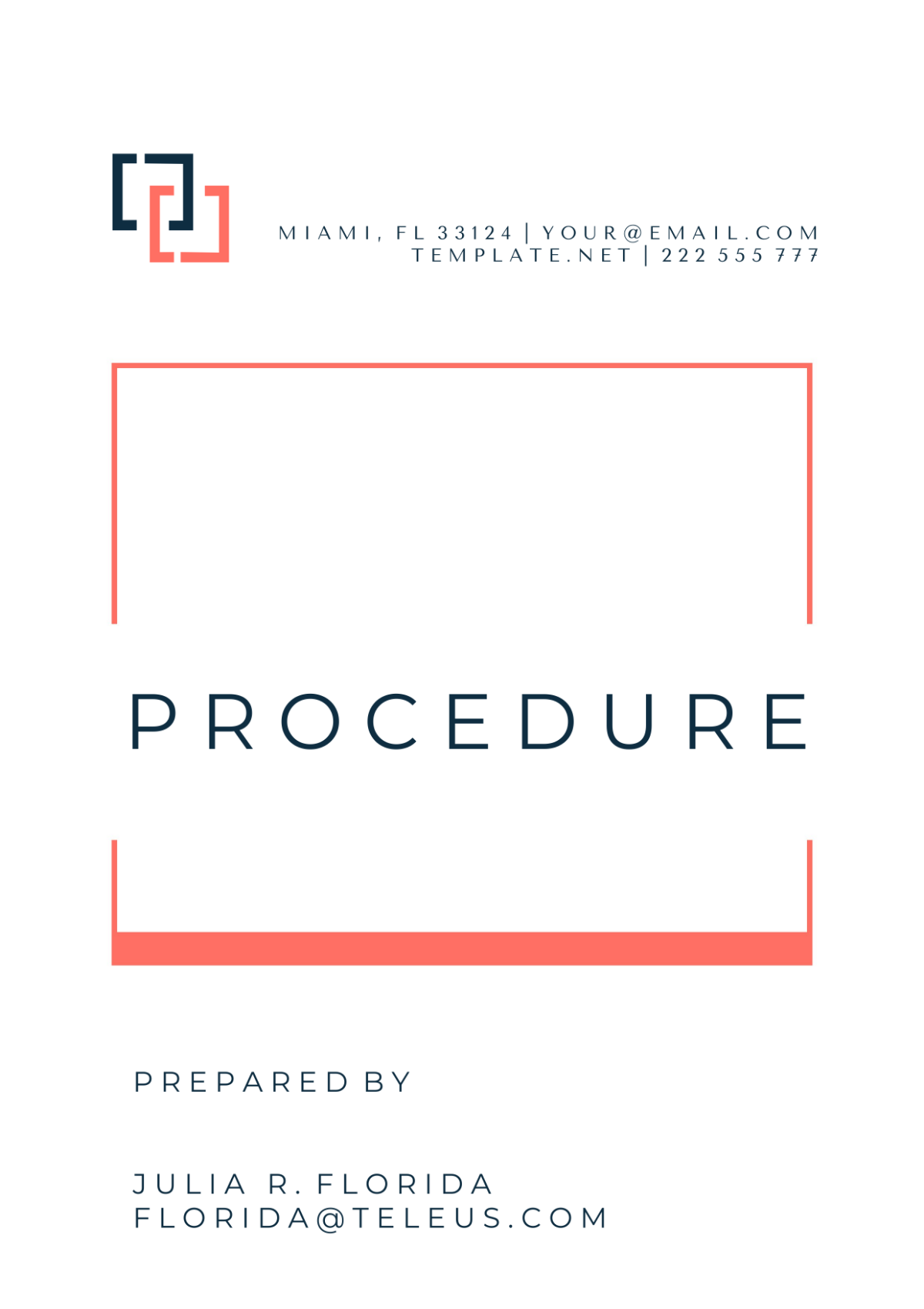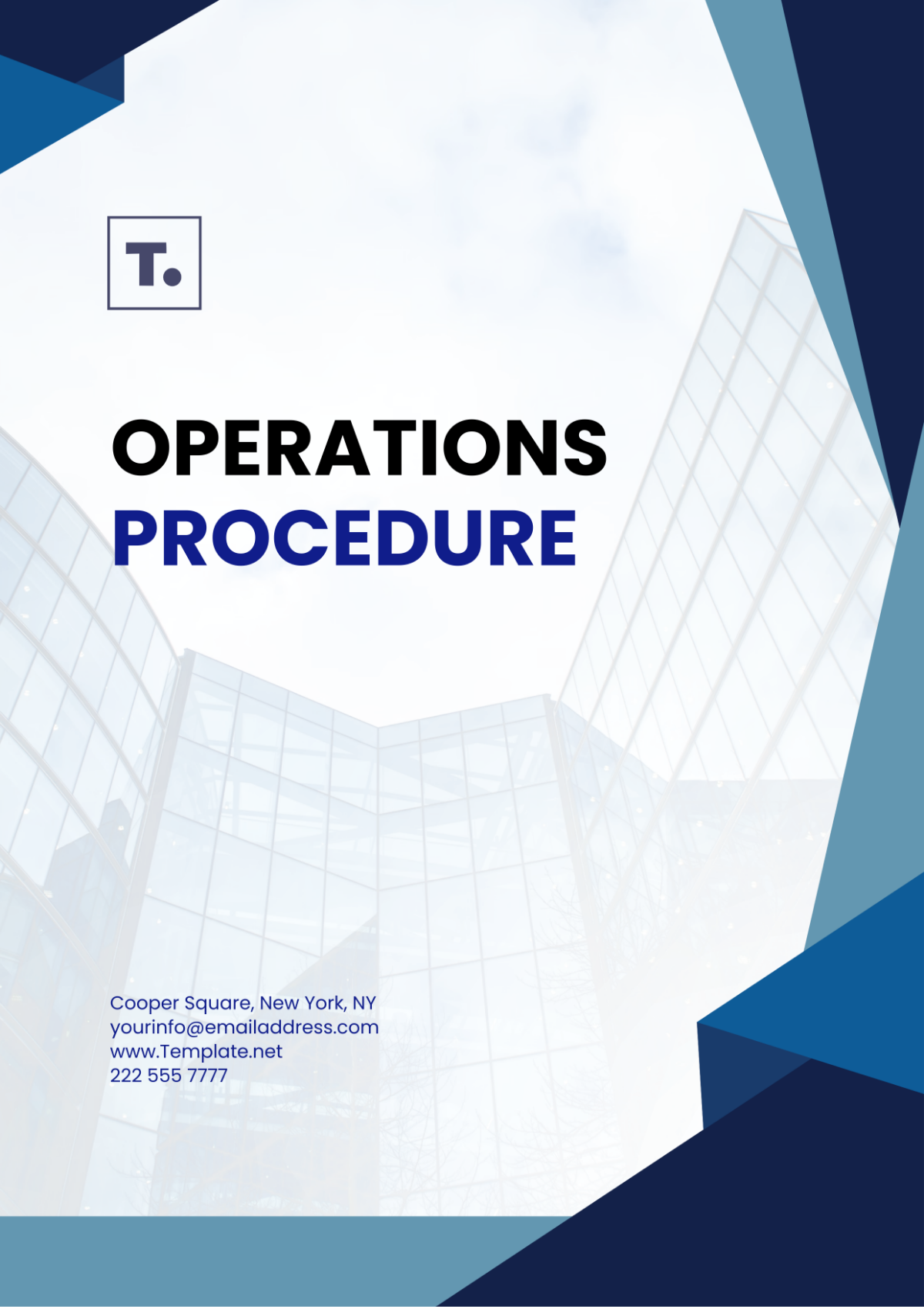School Discipline Procedure
I. Introduction
The purpose of this School Discipline Procedure is to maintain a safe, respectful, and productive learning environment for all students. By establishing clear guidelines for behavior and consequences for misconduct, we aim to foster a community where students can thrive academically, socially, and emotionally.
II. General Principles
Our discipline procedure is guided by the following principles:
Fairness: We are committed to ensuring that all disciplinary actions are applied consistently and without bias. Every student will be treated equitably, and decisions will be based on objective criteria.
Respect for Student Rights: We recognize and respect the rights of all students. Disciplinary actions will be carried out in a manner that upholds these rights, including the right to be heard and the right to due process.
Transparency: We believe in clear communication regarding our expectations for student behavior and the consequences of misconduct. Students and parents will be informed of the rules and the procedures for addressing violations.
Support and Rehabilitation: Our approach to discipline emphasizes not just punishment, but also support and rehabilitation. We aim to help students understand the impact of their behavior and provide opportunities for them to learn from their mistakes and improve.
III. Code of Conduct
Students are expected to exhibit behavior that contributes to a positive learning environment. This includes:
Respecting the rights and property of others
Attending classes regularly and on time
Engaging in safe and responsible conduct
Following school rules and regulations
Behaviors considered violations of the code of conduct include, but are not limited to:
Tardiness or unexcused absences
Disruptive behavior in the classroom
Inappropriate dress code violations
Minor disrespect towards peers or staff
Fighting or physical aggression
Vandalism or destruction of property
Theft or unauthorized possession of property
Bullying, harassment, or intimidation
Possession or use of prohibited substances
Academic dishonesty, including cheating and plagiarism
IV. Minor Infractions
A. Definition
Minor infractions are behaviors that disrupt the learning environment or violate school policies but do not pose a significant threat to the safety or well-being of others. These behaviors, while unacceptable, are considered less severe and typically involve lapses in judgment or minor rule violations. Examples of minor infractions include:
Tardiness or unexcused absences
Disruptive behavior in the classroom
Inappropriate dress code violations
Minor disrespect towards peers or staff
Use of inappropriate language
Failure to complete assignments
B. Consequences
Consequences for minor infractions are designed to address and correct the behavior while providing an opportunity for the student to learn and grow. These consequences may vary depending on the frequency and severity of the infractions but generally include:
Verbal warnings
Written warnings
Lunch or after-school detention
Temporary removal from the classroom
Meeting with parents or guardians
Reflective writing assignments
Our goal is to address minor infractions promptly and fairly, ensuring that students understand the impact of their actions and are encouraged to make positive changes.
C. Documentation and Communication
To maintain transparency and consistency, all minor infractions will be documented. Teachers and staff will record details of the infraction, including the student's name, date, description of the behavior, and any actions taken. This documentation will be kept in the student's file and reviewed periodically to identify patterns of behavior.
Communication with students and parents is crucial in addressing minor infractions. Parents or guardians will be informed of the infraction and the consequences through written notices, phone calls, or meetings, depending on the severity of the behavior. This ensures that parents are aware of their child's actions and can support the school's efforts to correct the behavior.
V. Major Infractions
A. Definition
Major infractions are serious violations of the school’s code of conduct that pose a significant threat to the safety, well-being, or educational environment of the school community. These behaviors require immediate and substantial disciplinary actions due to their severity. Examples of major infractions include:
Fighting or physical aggression
Vandalism or destruction of property
Theft or unauthorized possession of property
Bullying, harassment, or intimidation
Possession or use of prohibited substances (e.g., drugs, alcohol)
Academic dishonesty, including cheating and plagiarism
Possession of weapons or dangerous items
Severe disrespect or insubordination towards staff or peers
B. Consequences
Consequences for major infractions are more severe and are intended to address the seriousness of the behavior while ensuring the safety and well-being of all students and staff. Depending on the nature and frequency of the infraction, consequences may include:
In-school suspension
Out-of-school suspension
Expulsion
Restitution for damages caused
Mandatory counseling or behavior intervention programs
Notification of law enforcement, if applicable
Our approach is to balance discipline with the opportunity for rehabilitation, ensuring that students understand the gravity of their actions and are provided with support to prevent future incidents.
C. Investigation Process
When a major infraction is reported, a thorough investigation will be conducted to ensure that all relevant facts are gathered and that the disciplinary response is fair and appropriate. The investigation process includes:
Initial Report: The incident is reported to the appropriate school administrator or designated staff member.
Fact-Finding: Interviews are conducted with the student(s) involved, witnesses, and any staff members who were present during the incident.
Evidence Collection: Relevant evidence, such as video footage, written statements, and physical evidence, is collected and reviewed.
Evaluation: The gathered information is evaluated to determine the accuracy and severity of the reported infraction.
Decision: Based on the evaluation, the appropriate disciplinary action is decided in accordance with the school’s policies and procedures.
Notification: Parents or guardians of the involved student(s) are notified of the investigation findings and the resulting disciplinary actions.
VI. Disciplinary Actions
A. Range of Disciplinary Actions
Disciplinary actions are designed to address a variety of infractions with appropriate levels of severity. The aim is to correct behavior, maintain a safe learning environment, and promote personal growth. The range of disciplinary actions includes:
Verbal warnings
Written warnings
Detention (lunch or after-school)
In-school suspension
Out-of-school suspension
Expulsion
Restitution for damages
Mandatory counseling or behavior intervention programs
Notification of law enforcement, if applicable
Each action is chosen based on the nature and severity of the infraction, ensuring a fair and consistent approach to discipline.
B. Detention Procedures
Detention is a disciplinary action assigned for minor infractions or as a step in progressive discipline. Detention sessions may occur during lunch or after school, depending on the severity of the infraction and the availability of staff. During detention, students are required to complete assigned work or reflect on their behavior through guided activities. Students and their parents or guardians will be notified of the detention schedule, and it is the student's responsibility to attend as assigned.
C. Suspension Procedures
Suspension is a more severe disciplinary action for major infractions or repeated minor infractions. There are two types of suspensions:
In-School Suspension: The student is removed from the regular classroom setting but remains in school under supervision. They are provided with assignments to complete during this period.
Out-of-School Suspension: The student is not allowed to attend school for a specified number of days. During this period, the student is responsible for completing any missed assignments and will have an opportunity to make up work upon their return.
Parents or guardians are notified immediately when a suspension is assigned. A meeting with the parents, student, and school administration is typically required before the student can return to the regular classroom setting.
D. Expulsion Procedures
Expulsion is the most severe disciplinary action and is reserved for the most serious infractions or when other disciplinary actions have failed to correct the behavior. When expulsion is considered:
The school administration will conduct a thorough investigation and gather all relevant information.
A formal meeting will be held with the student, parents or guardians, and school officials to discuss the findings and the recommendation for expulsion.
The decision to expel a student will be made by the school board or designated authority, following a review of all evidence and circumstances.
Upon expulsion, the student is permanently removed from the school and may not attend any school-related activities. Parents or guardians will receive a written notice detailing the expulsion decision and any further actions that may be required.
VII. Due Process
A. Student Rights
Students involved in disciplinary proceedings are entitled to certain rights to ensure a fair and just process. These rights include:
The right to be informed of the nature of the allegations against them.
The right to present their side of the story and provide evidence in their defense.
The right to be accompanied by a parent, guardian, or advocate during any meetings or hearings.
The right to receive written notice of any disciplinary action taken against them.
The right to appeal any disciplinary decision.
B. Notice and Hearing
Before any disciplinary action is taken, the student will be provided with written notice of the allegations against them and the proposed disciplinary action. The student will have an opportunity to respond to the allegations and present their side of the story at a disciplinary hearing. The hearing will be conducted by a neutral party, such as a school administrator or disciplinary committee, and will adhere to principles of fairness and due process.
C. Appeals Process
If a student wishes to appeal a disciplinary decision, they must submit a written appeal to the school administration within a specified period (e.g., 5 school days) of receiving notice of the decision. The appeal will be reviewed by a designated appeals board or committee, which will reconsider the evidence and the original decision. The appeals board's decision is final and cannot be further appealed within the school system.
VIII. Special Considerations
A. Students with Disabilities
When disciplining students with disabilities, we adhere to the guidelines set forth in the Individuals with Disabilities Education Act (IDEA) and Section 504 of the Rehabilitation Act. This includes providing students with disabilities the same disciplinary protections as their non-disabled peers, conducting manifestation determinations to determine if the behavior is related to the disability, and ensuring that appropriate supports and services are in place to address the behavior.
B. Bullying and Harassment
Bullying and harassment are serious violations of our school's policies and will not be tolerated. Any reports of bullying or harassment will be thoroughly investigated, and appropriate disciplinary action will be taken against the perpetrators. Students who are victims of bullying or harassment will be provided with support and resources to address the situation and prevent further incidents.
C. Substance Abuse
Substance abuse is a serious issue that requires intervention and support. Students found to be in possession of or under the influence of drugs or alcohol will face disciplinary action, which may include suspension or expulsion. In addition to disciplinary measures, we will provide resources and support to help students address their substance abuse issues and make positive changes.
IX. Parent and Guardian Involvement
We recognize the importance of involving parents and guardians in the disciplinary process. Parents will be notified of any disciplinary action taken against their child and will be provided with an opportunity to discuss the matter with school officials. We encourage open communication between parents, students, and school staff to ensure that all parties are informed and involved in the resolution of disciplinary issues. Additionally, we may seek input from parents on ways to improve our discipline procedure and address any concerns they may have.
X. Review and Evaluation
Our discipline procedure will be reviewed and evaluated on a regular basis to ensure its effectiveness and fairness. This review process will include gathering feedback from students, parents, teachers, and staff to identify any areas for improvement. Based on this feedback, we will make revisions to the procedure as necessary to better meet the needs of our school community. The review and evaluation process will be conducted annually, with any updates or changes communicated to all stakeholders.
